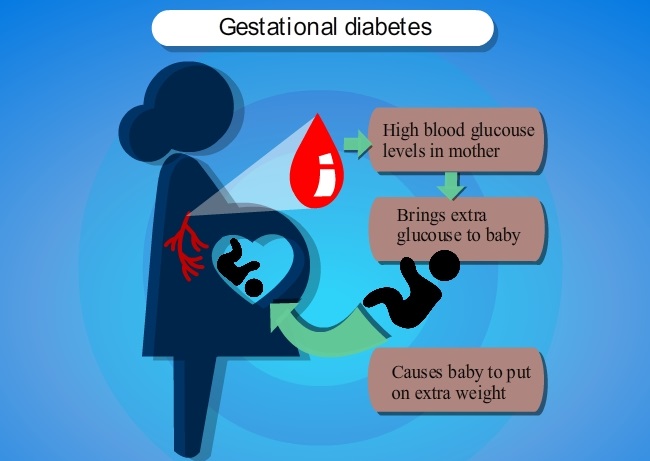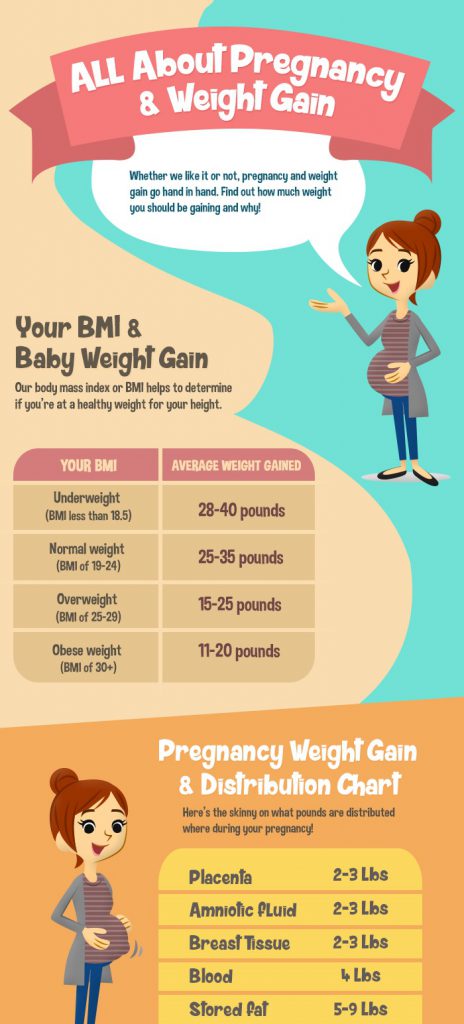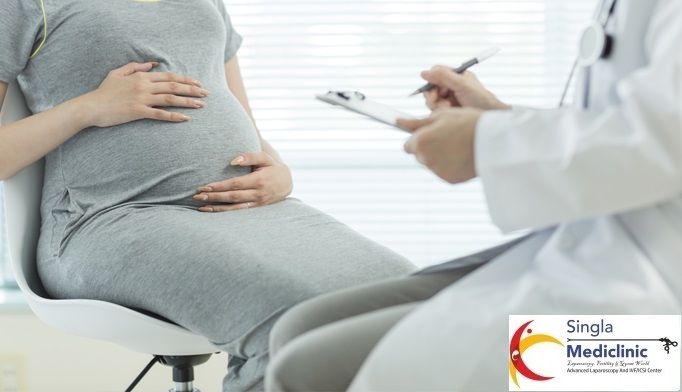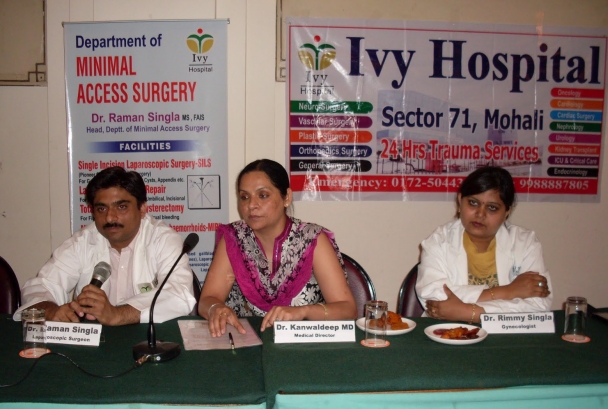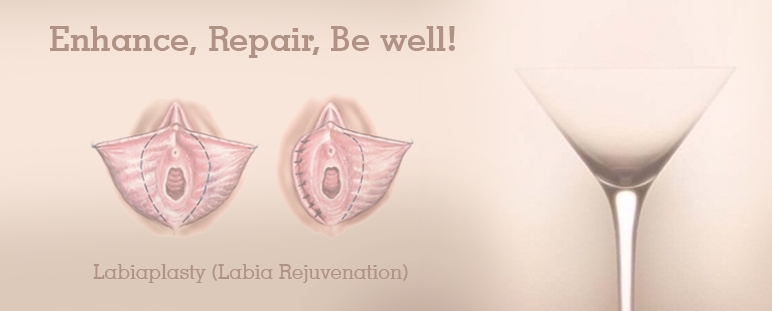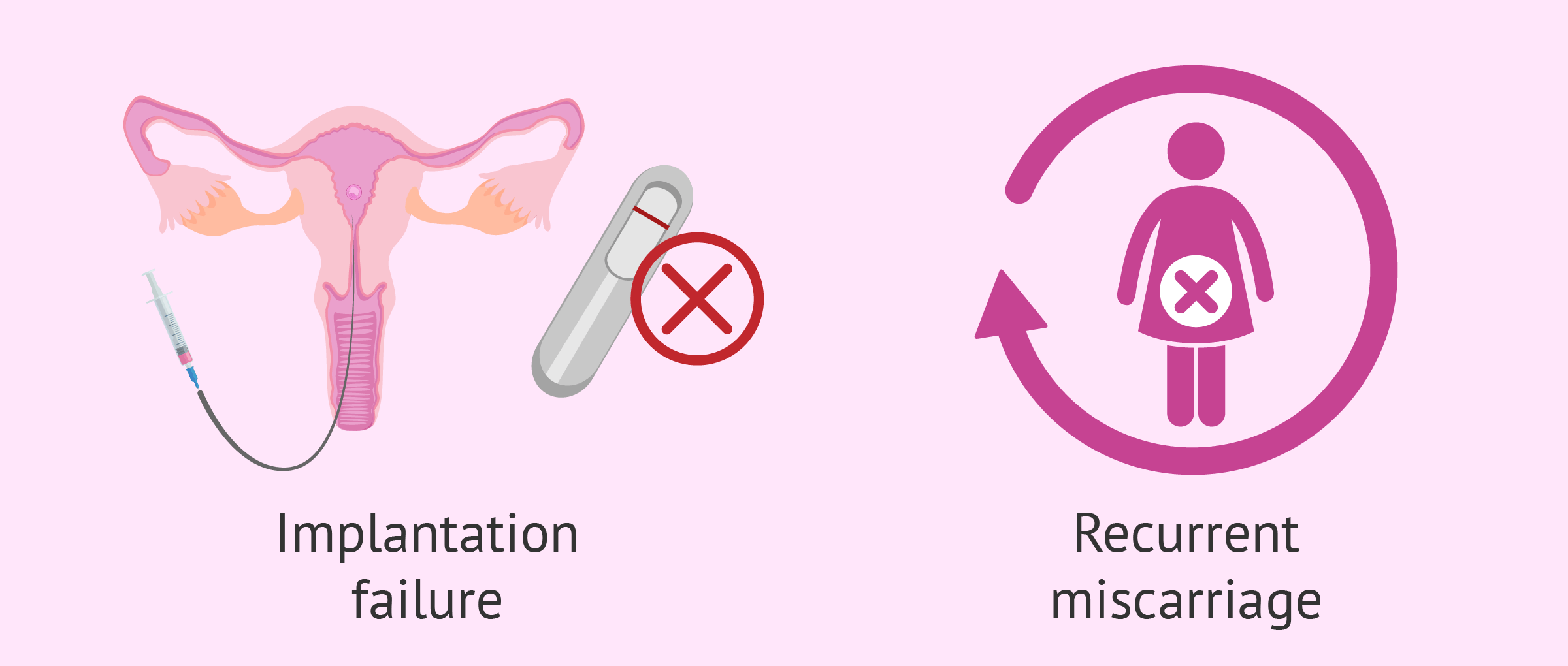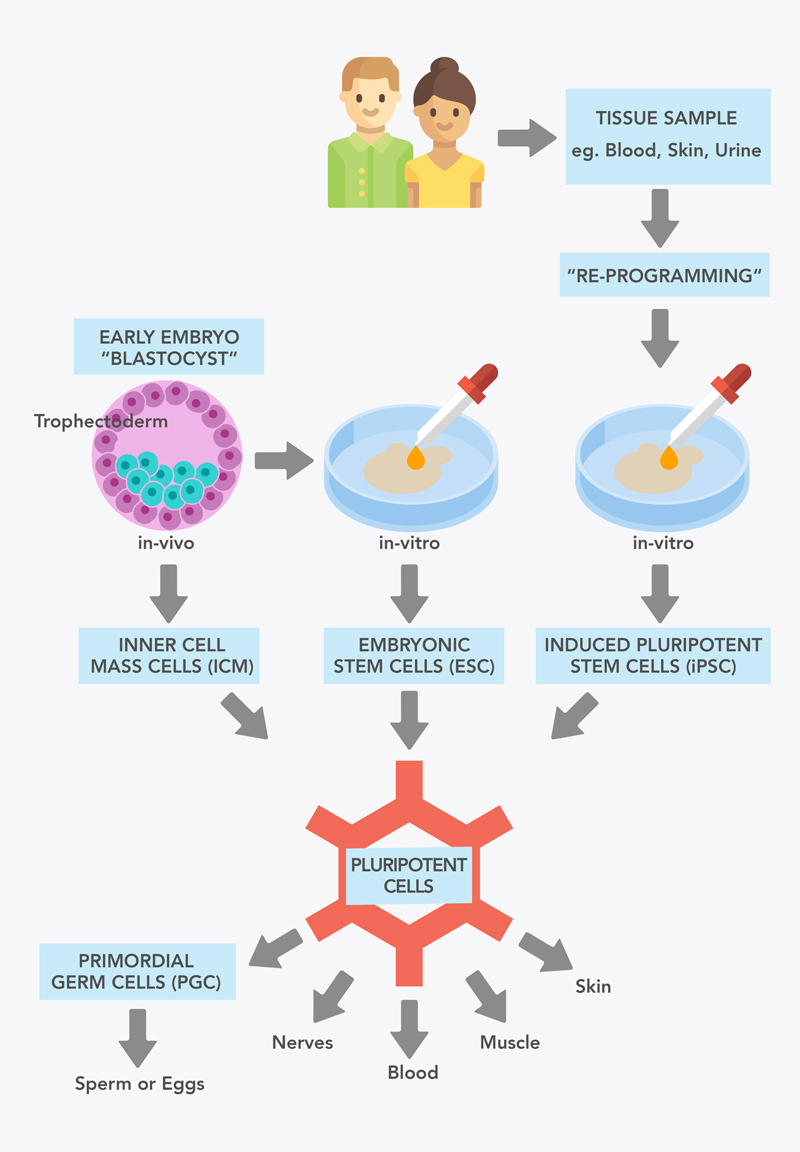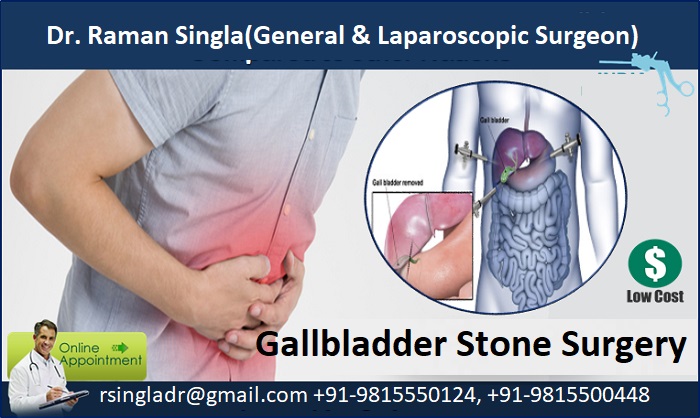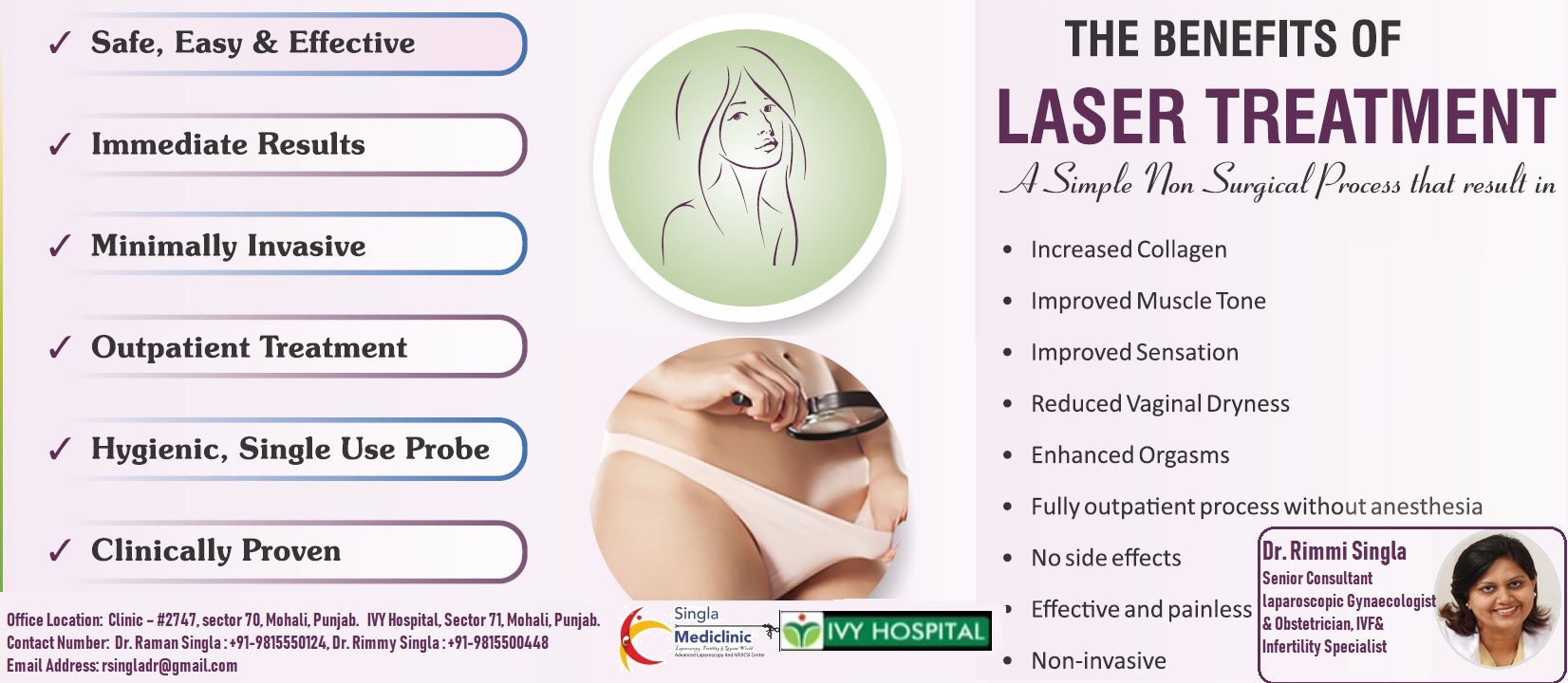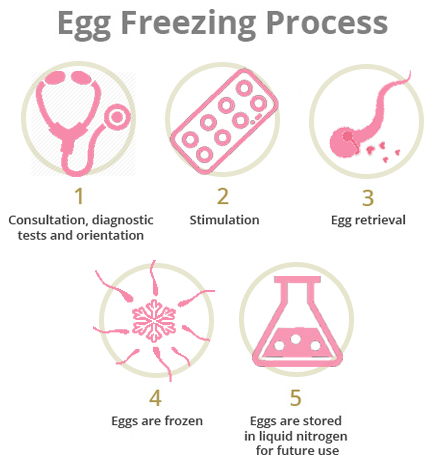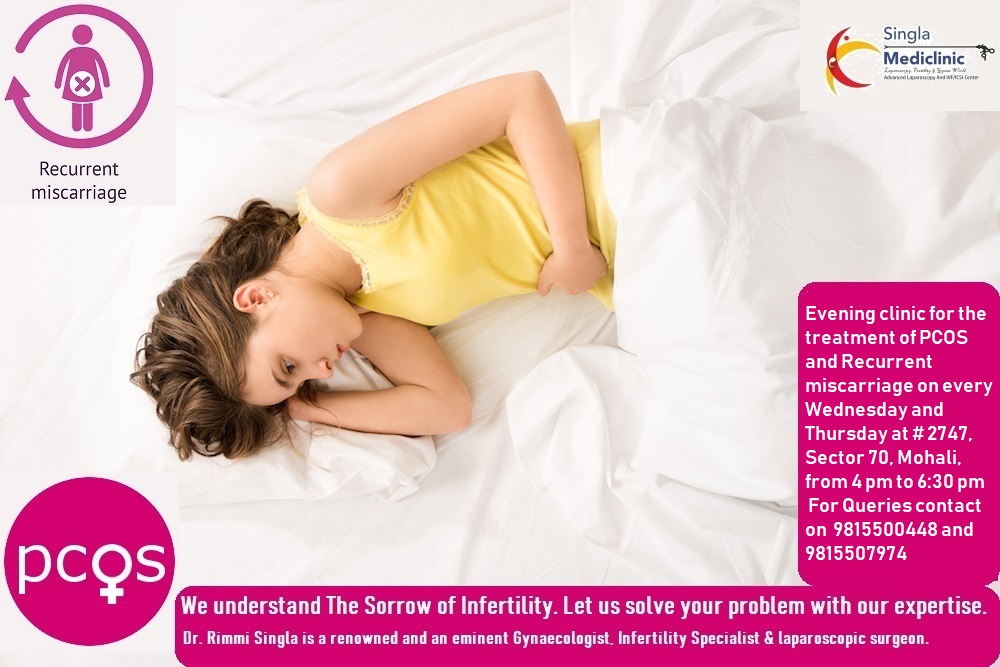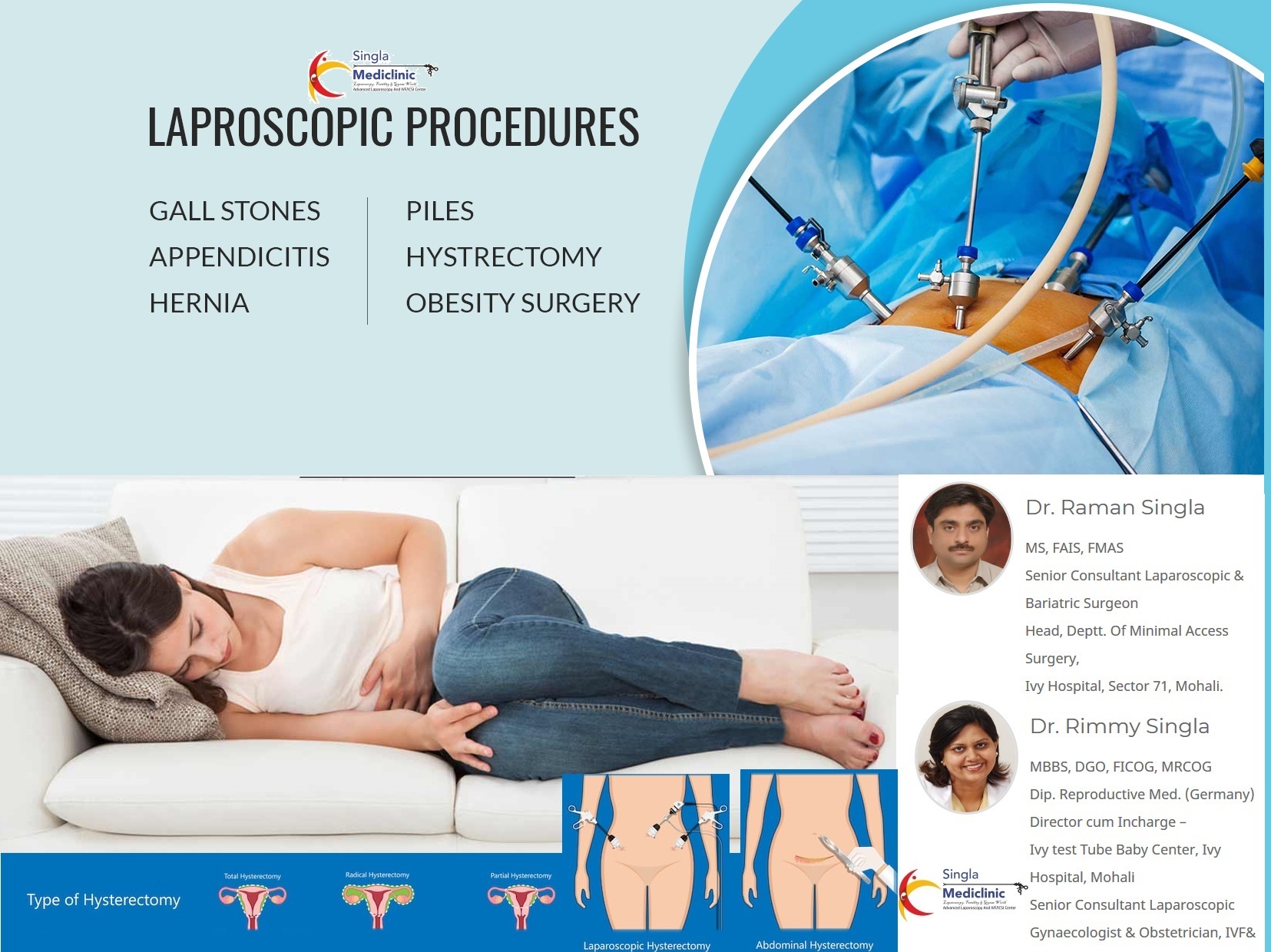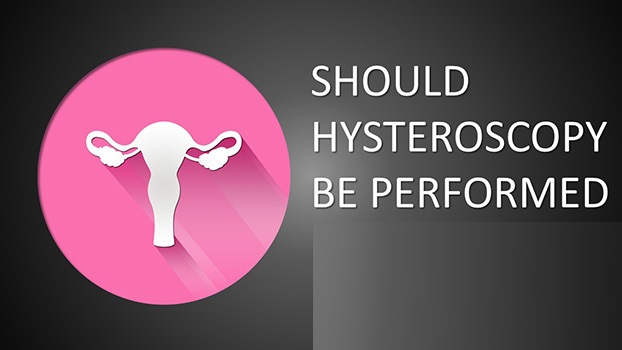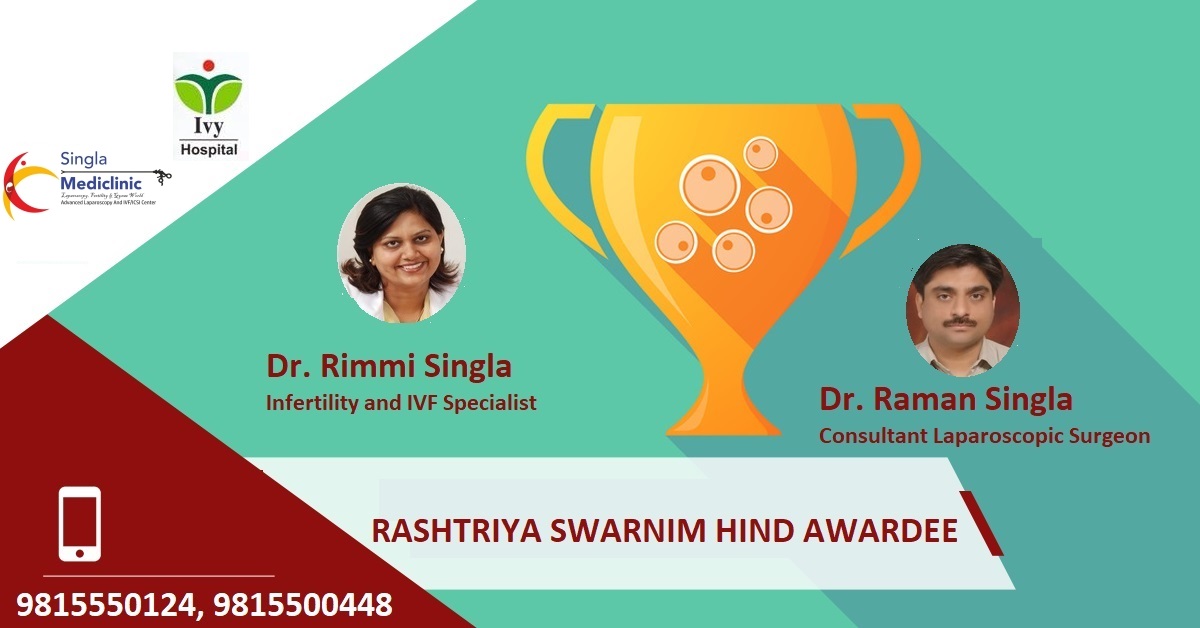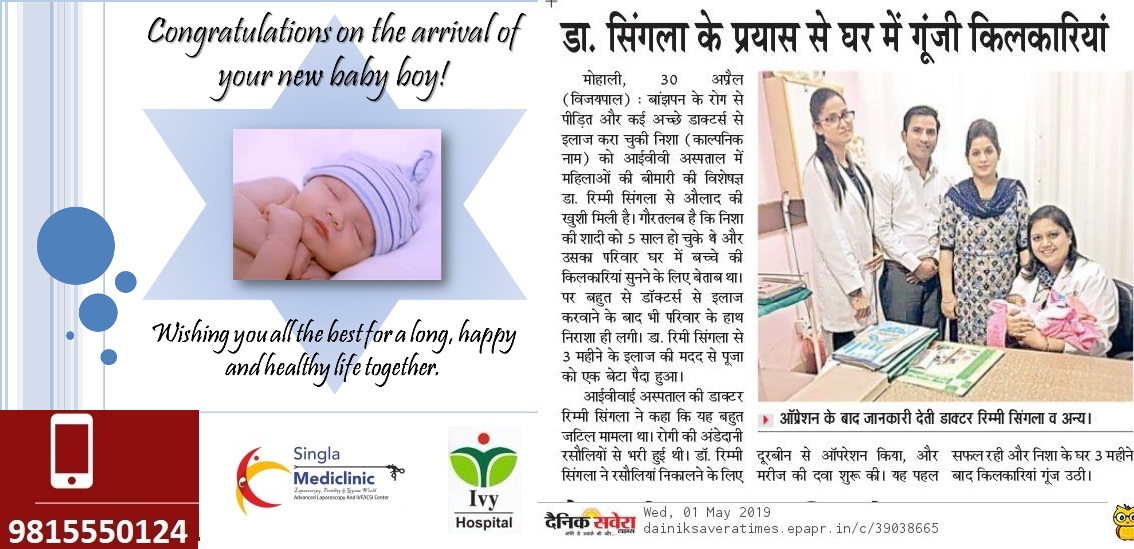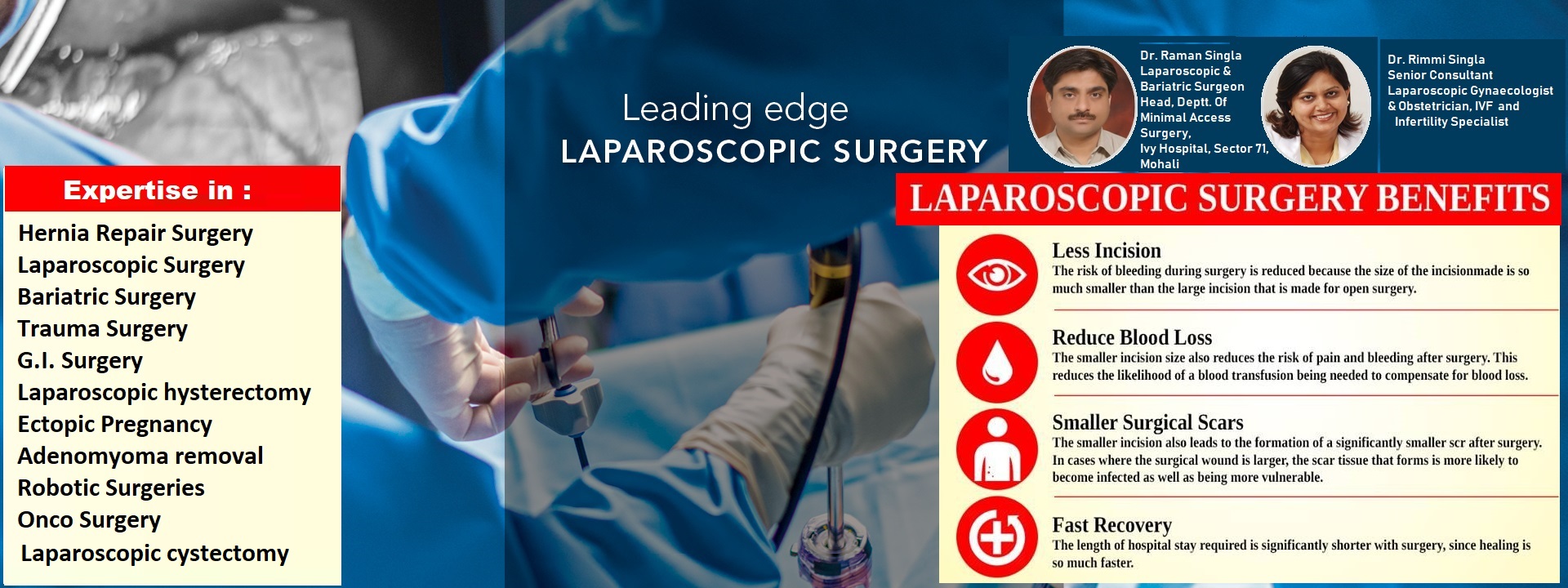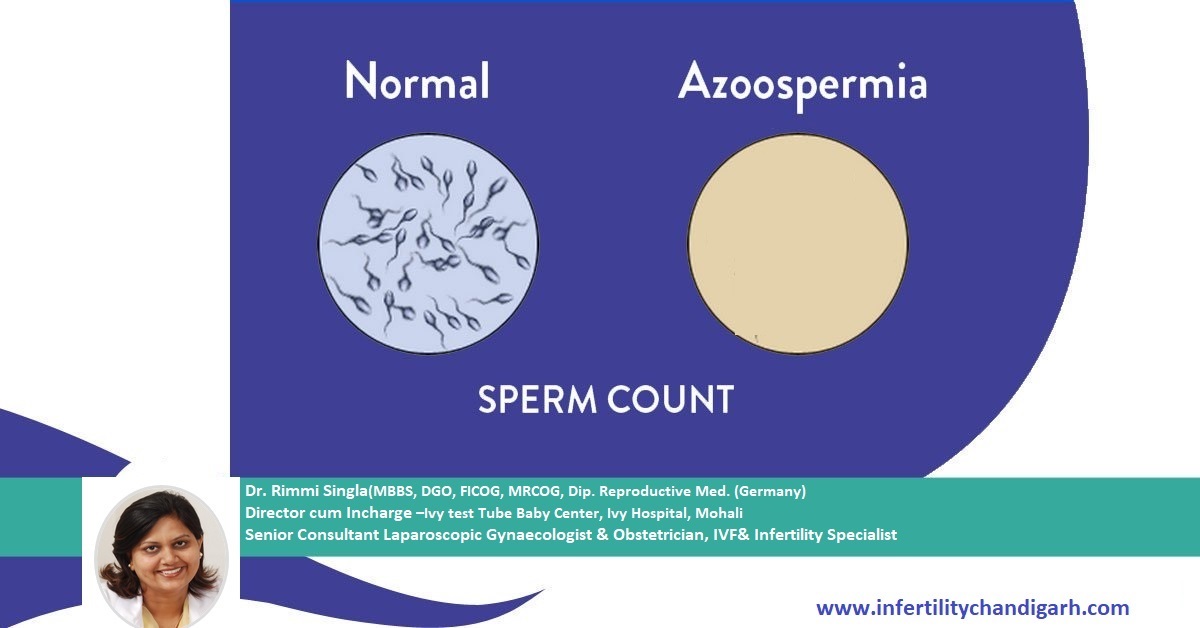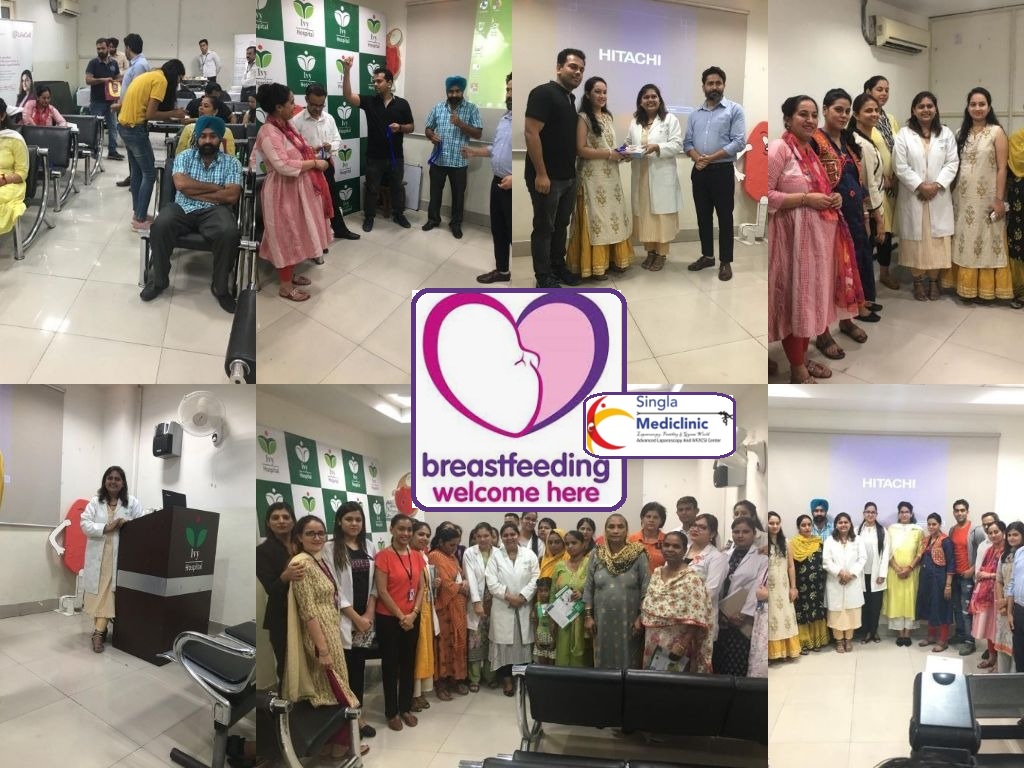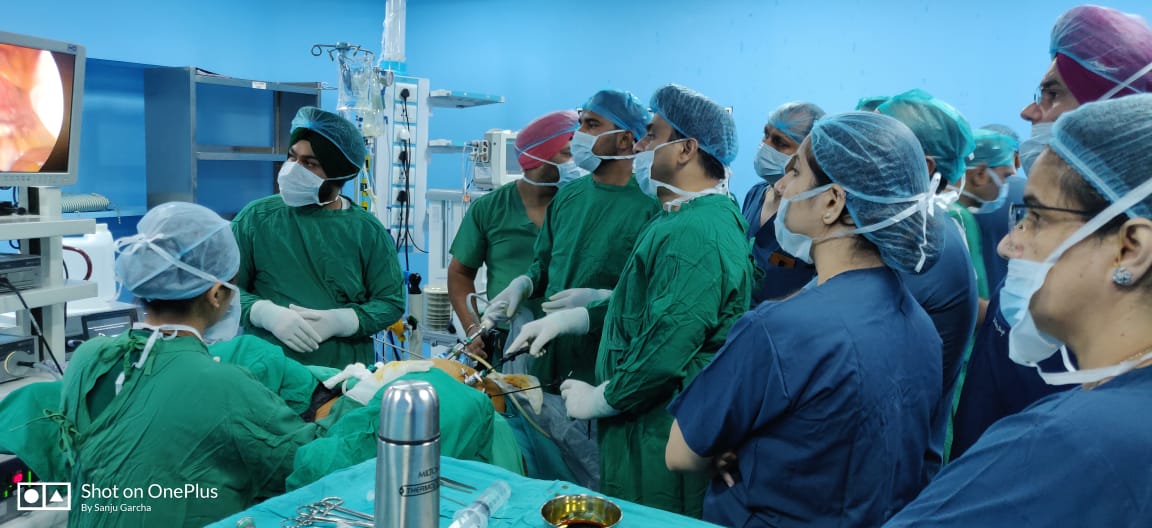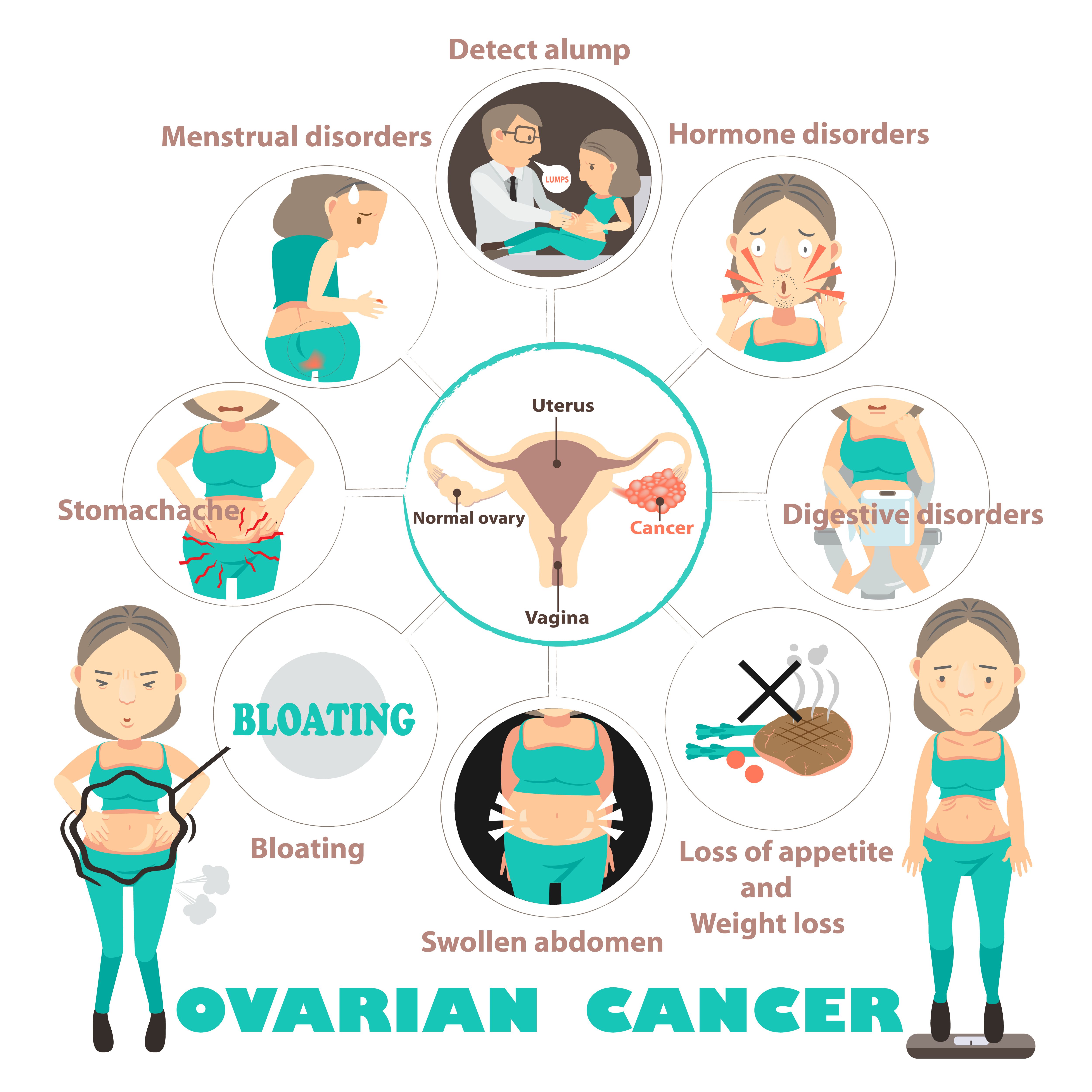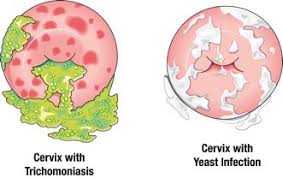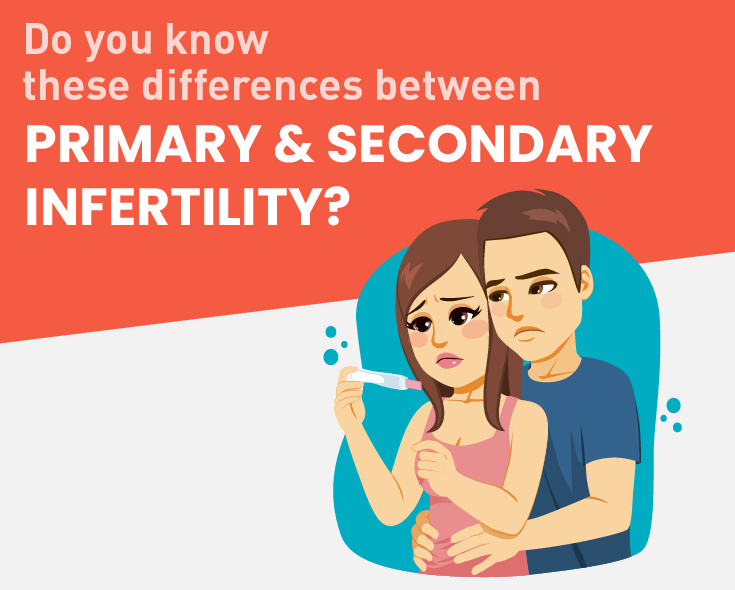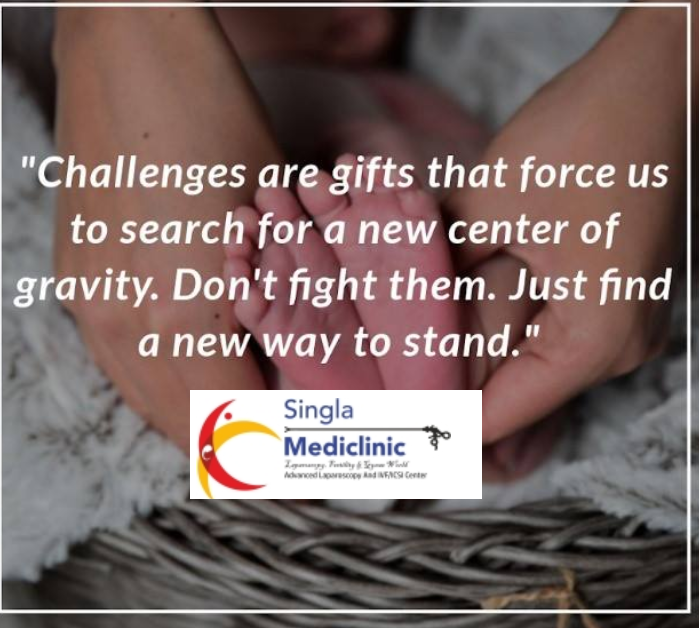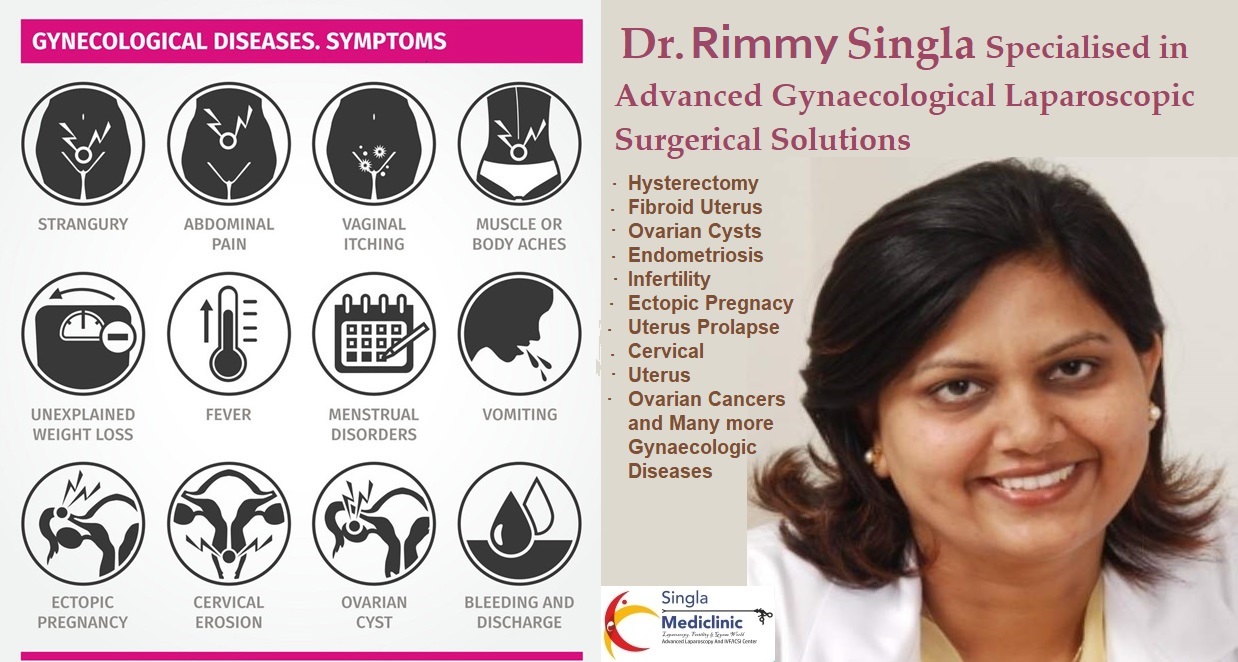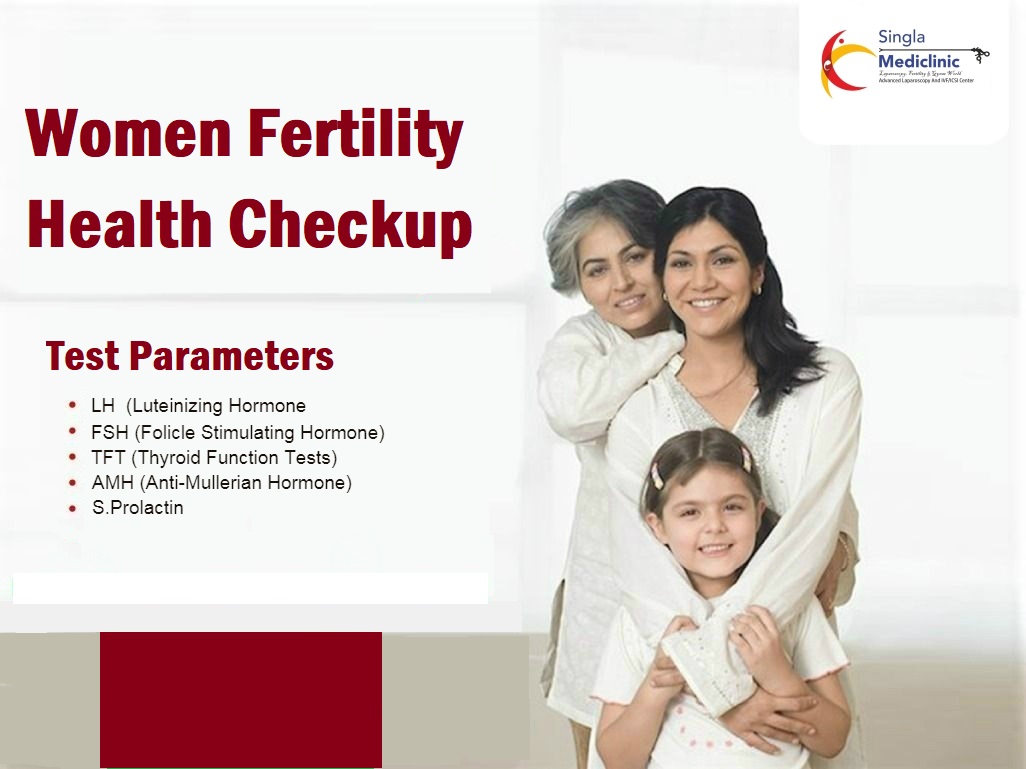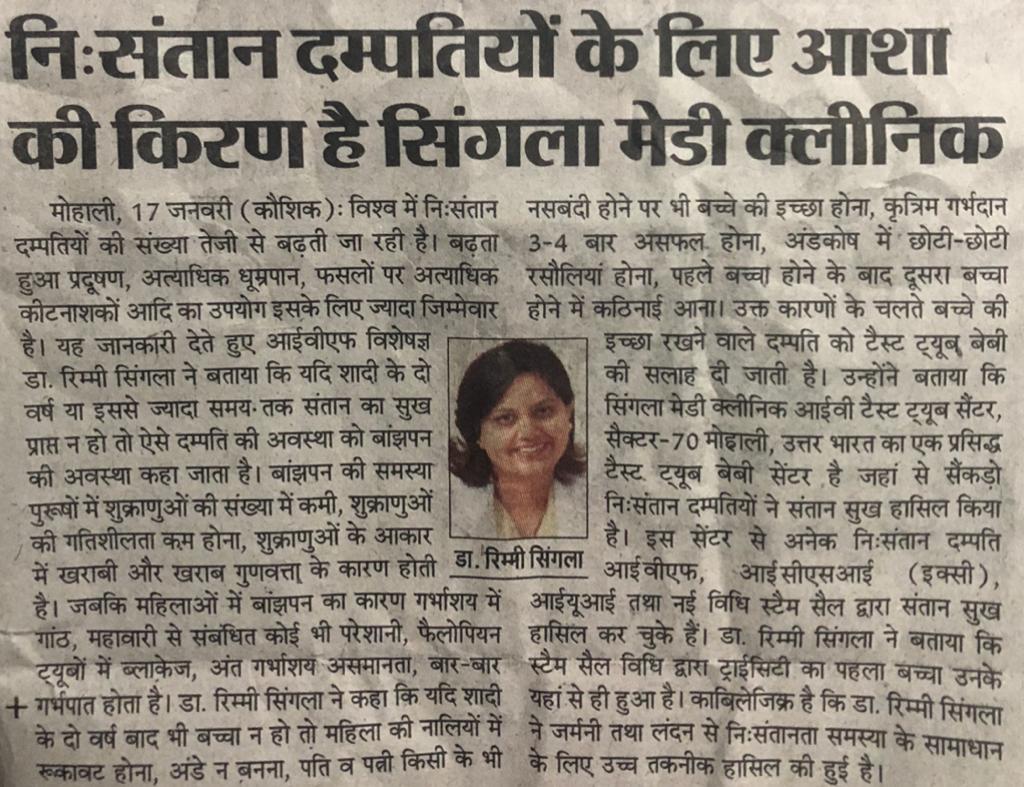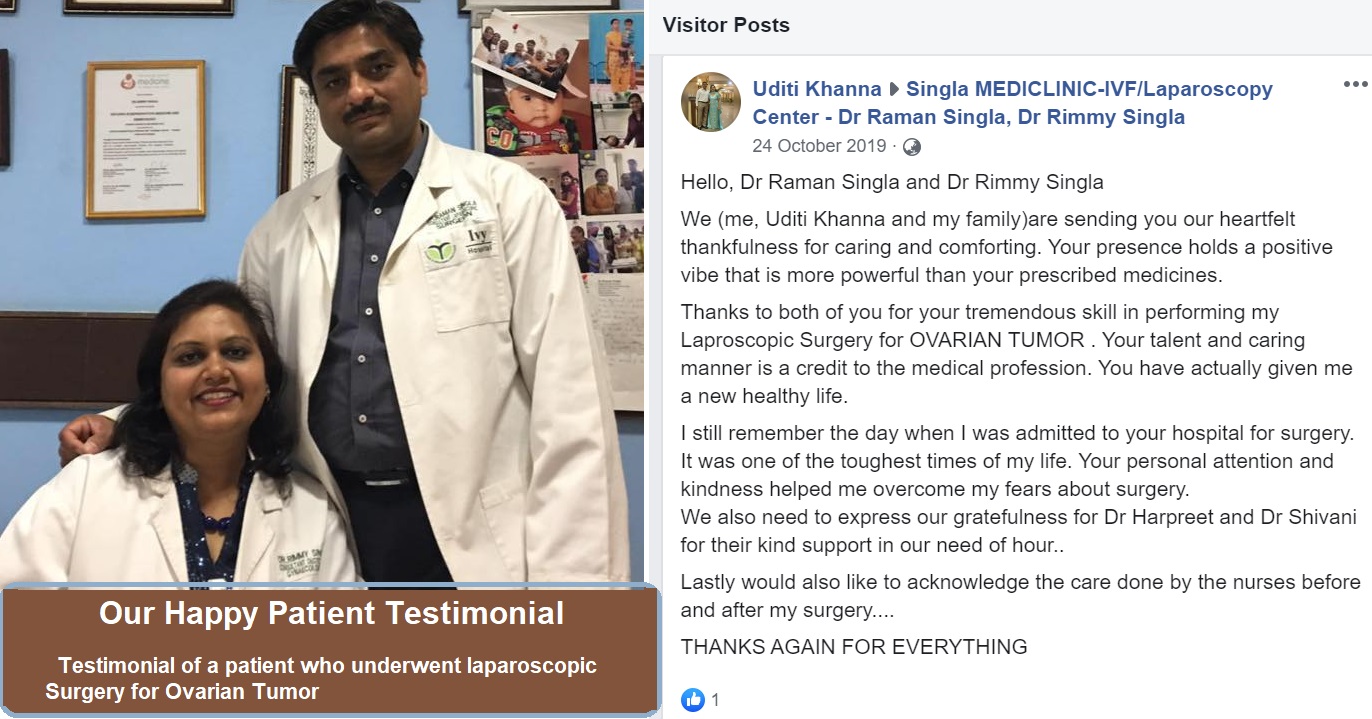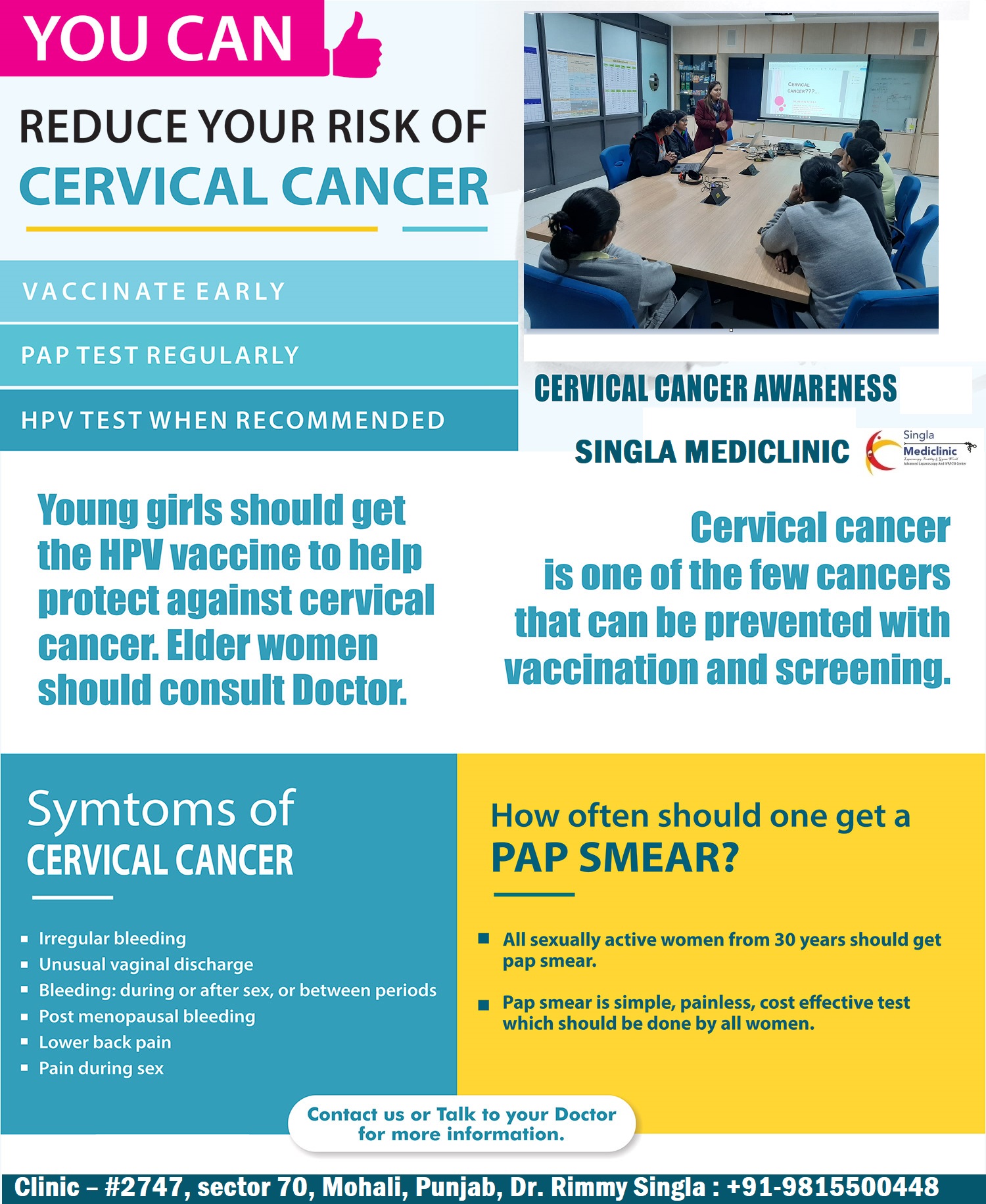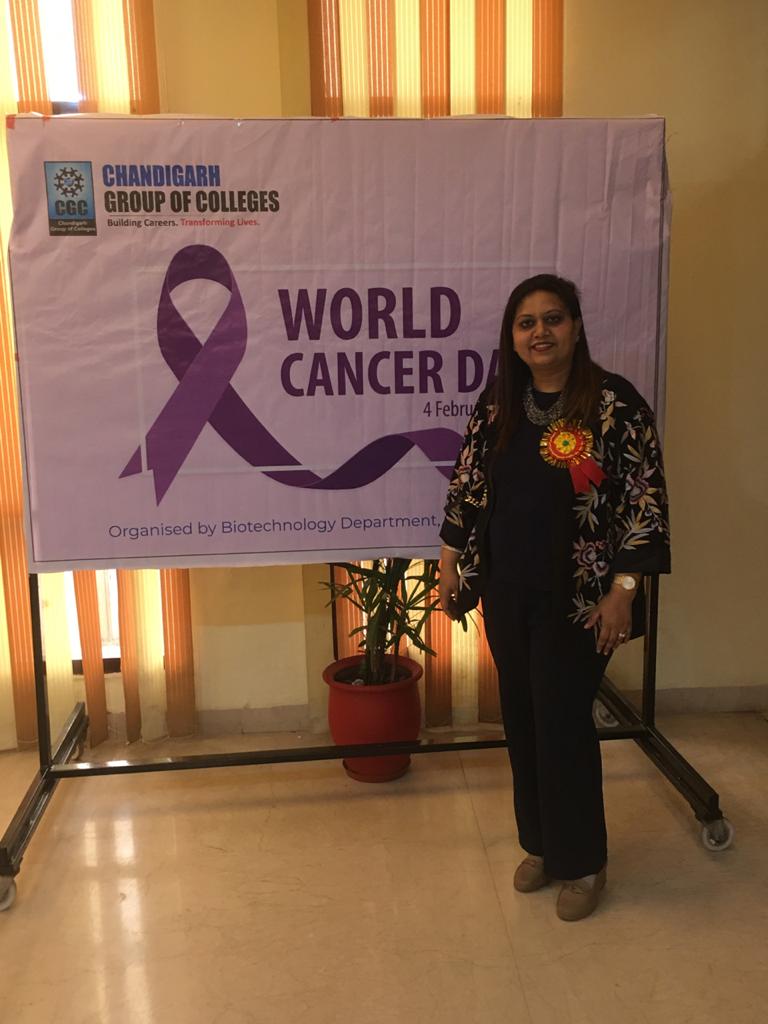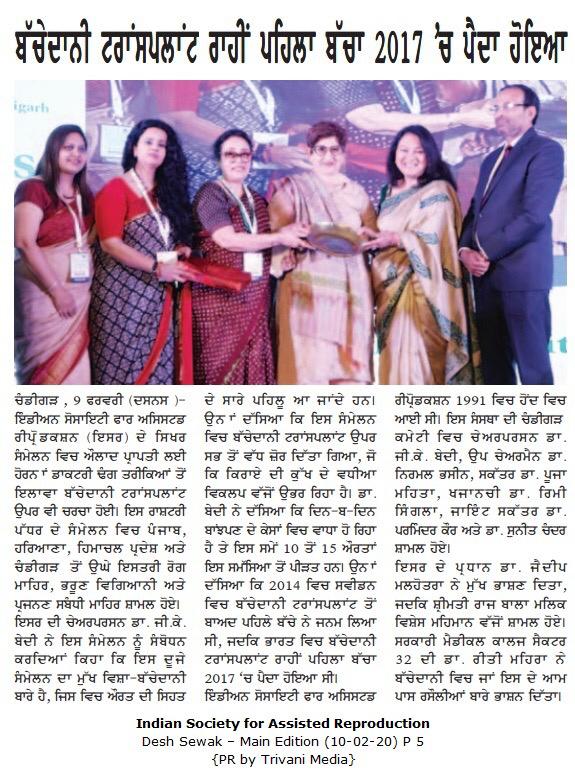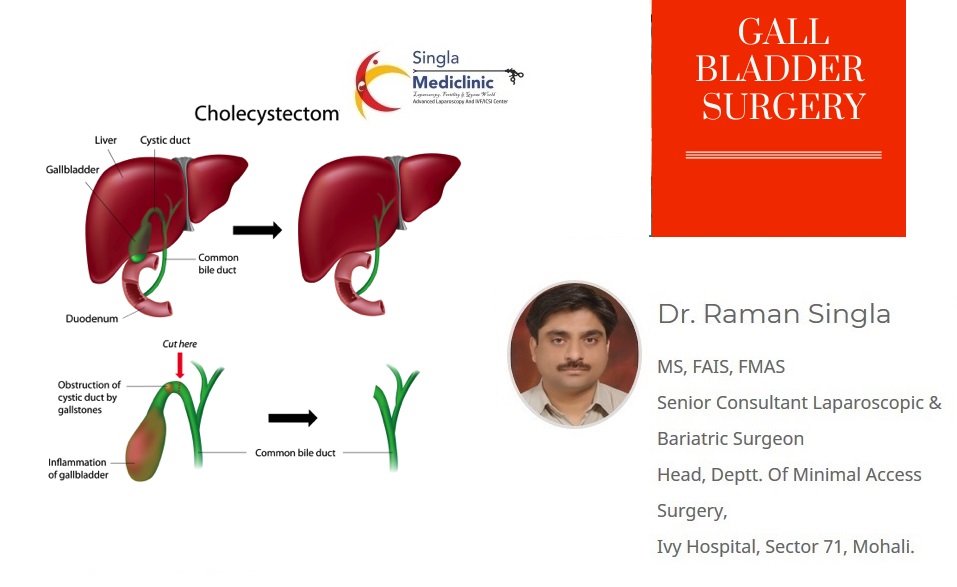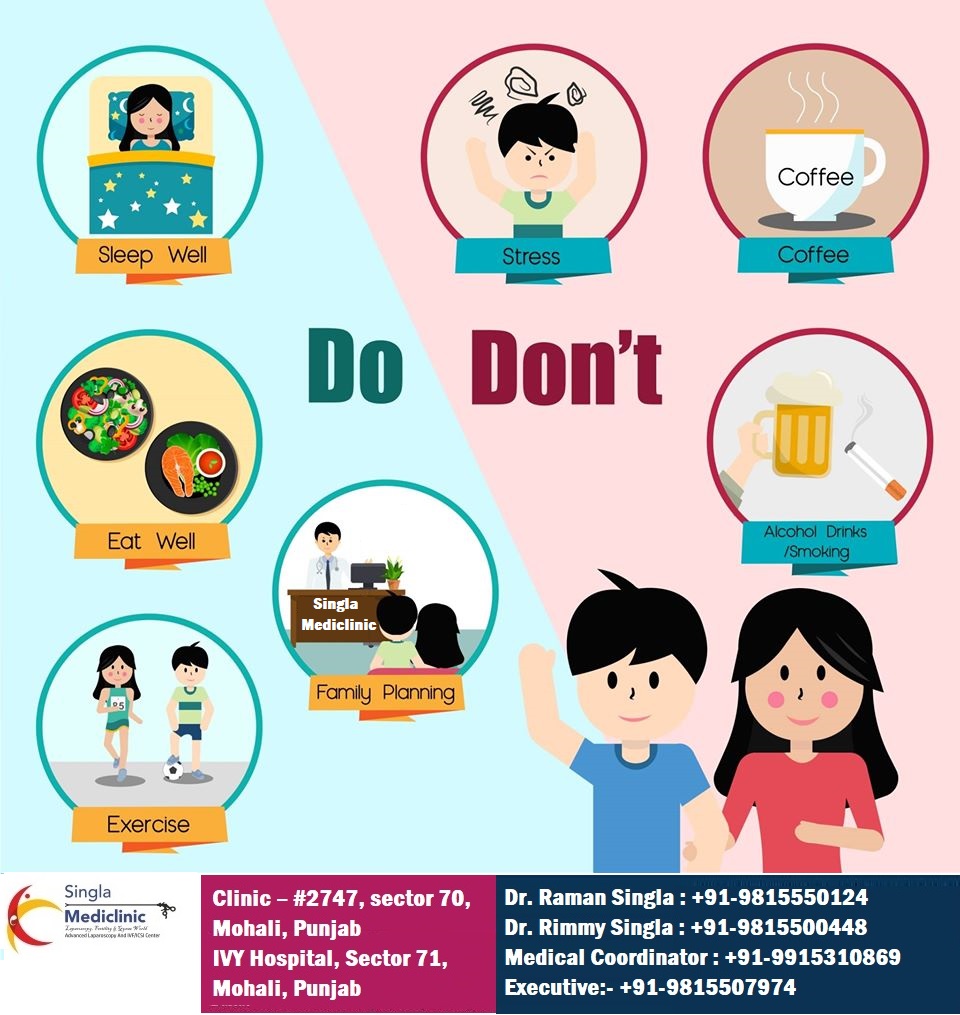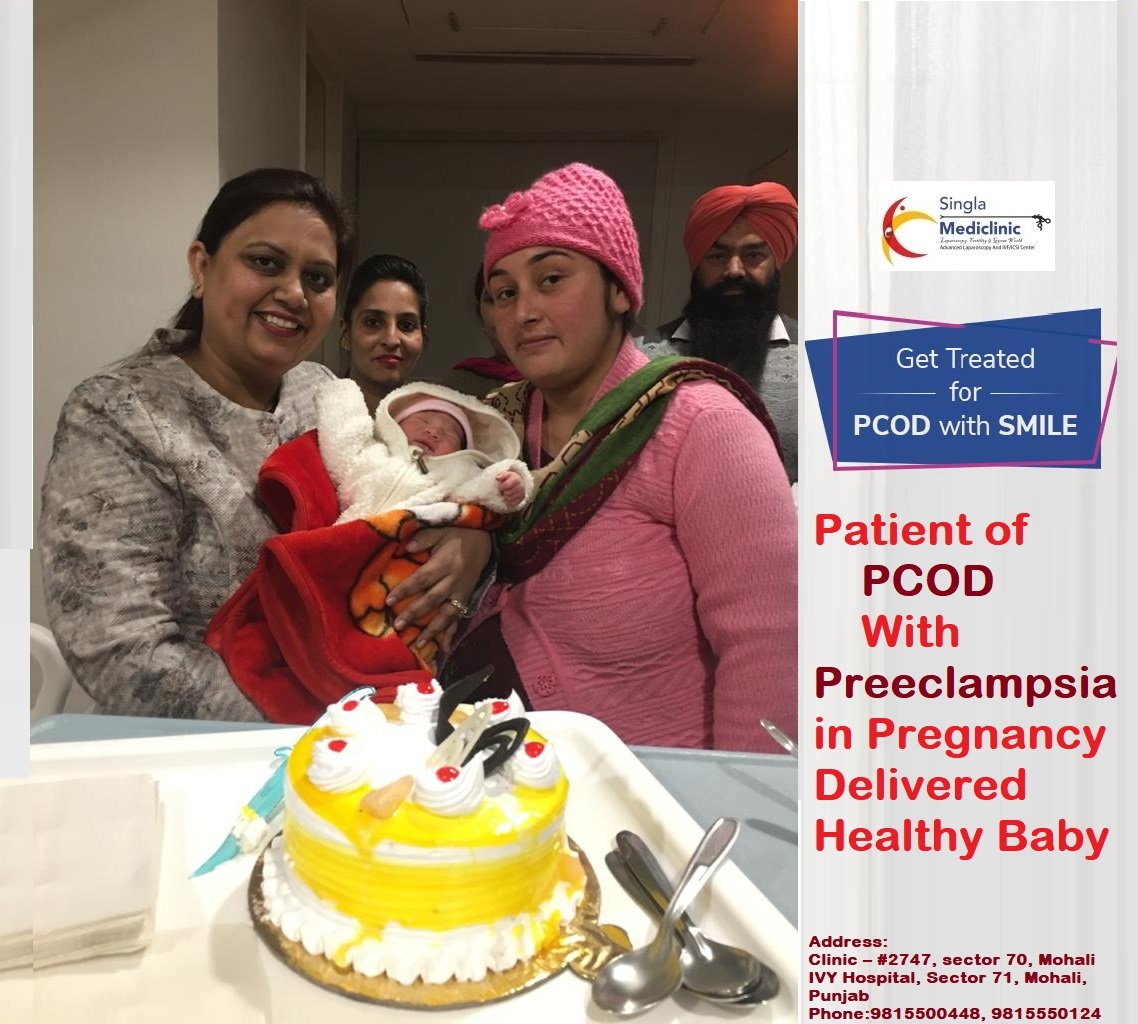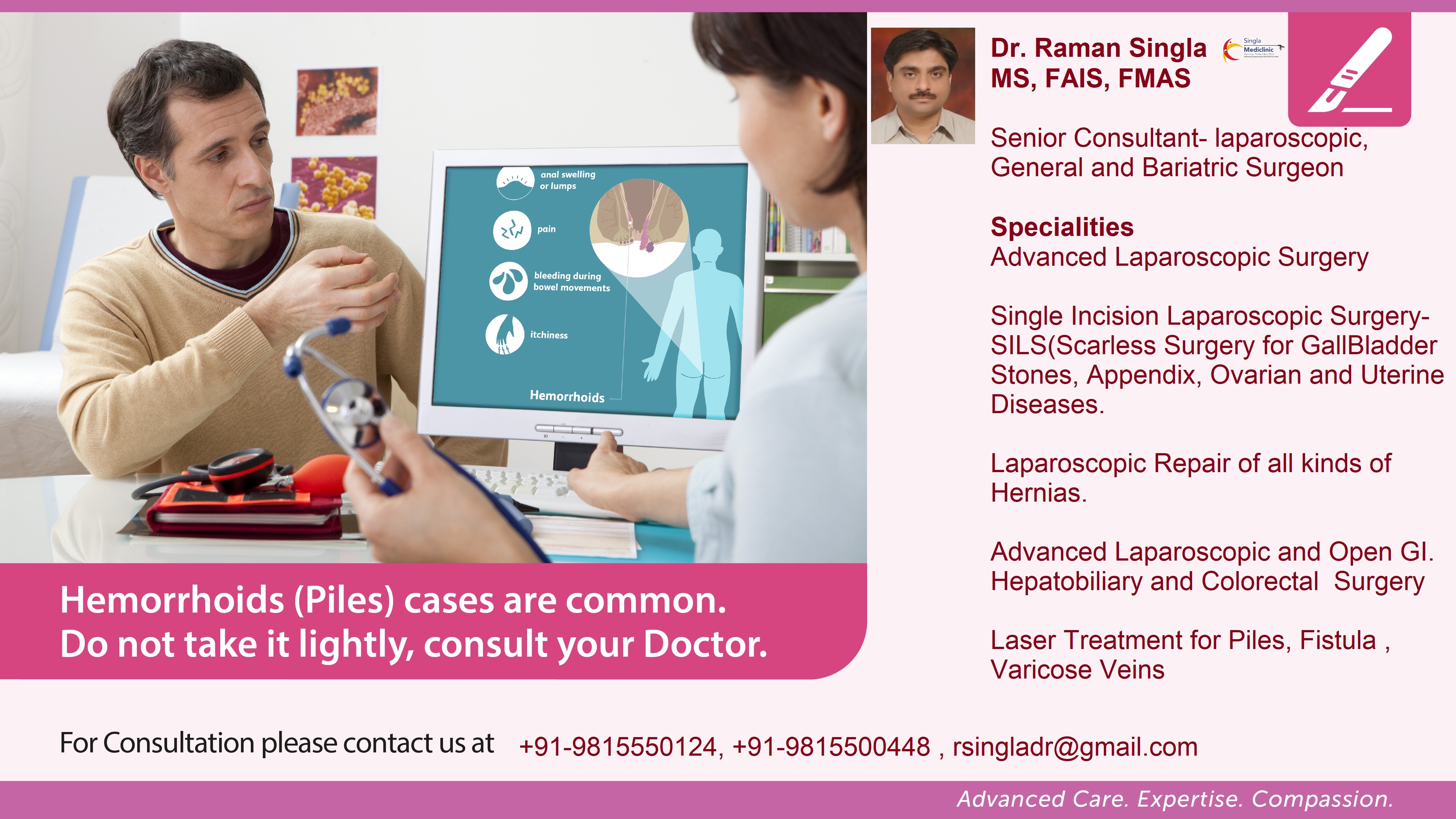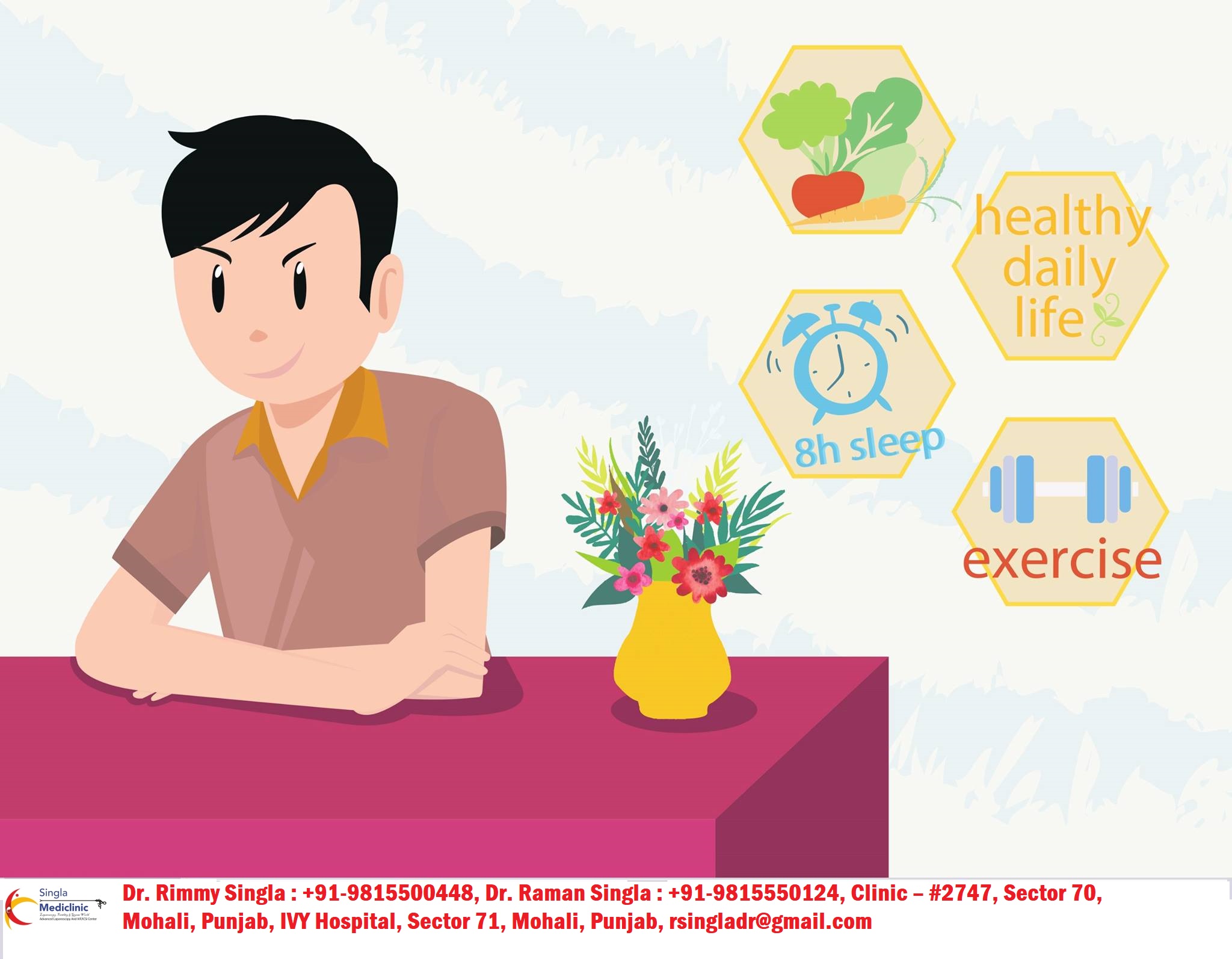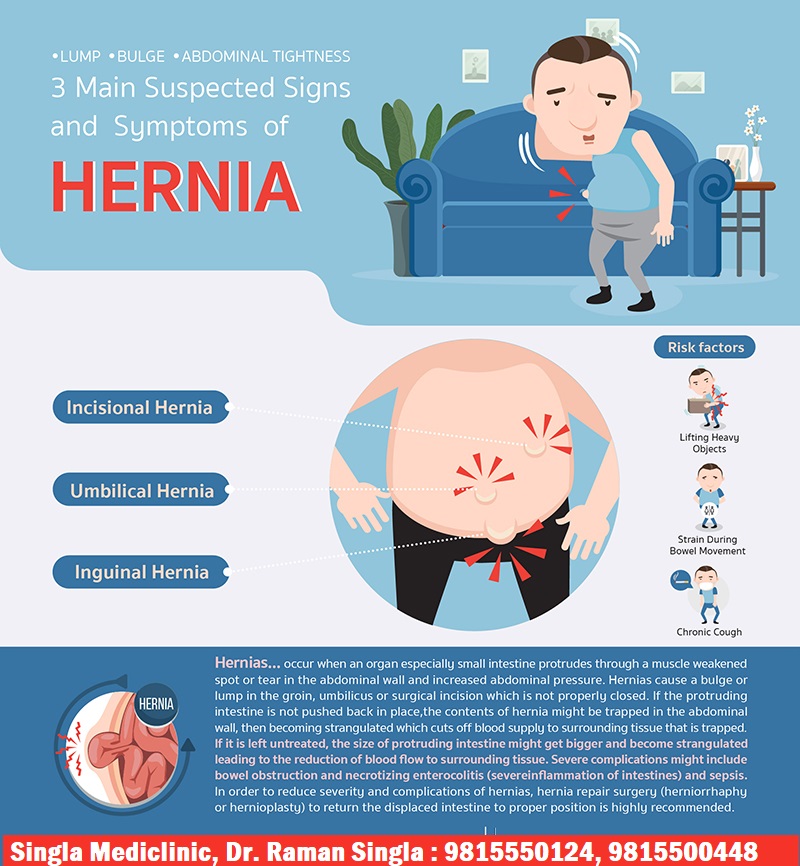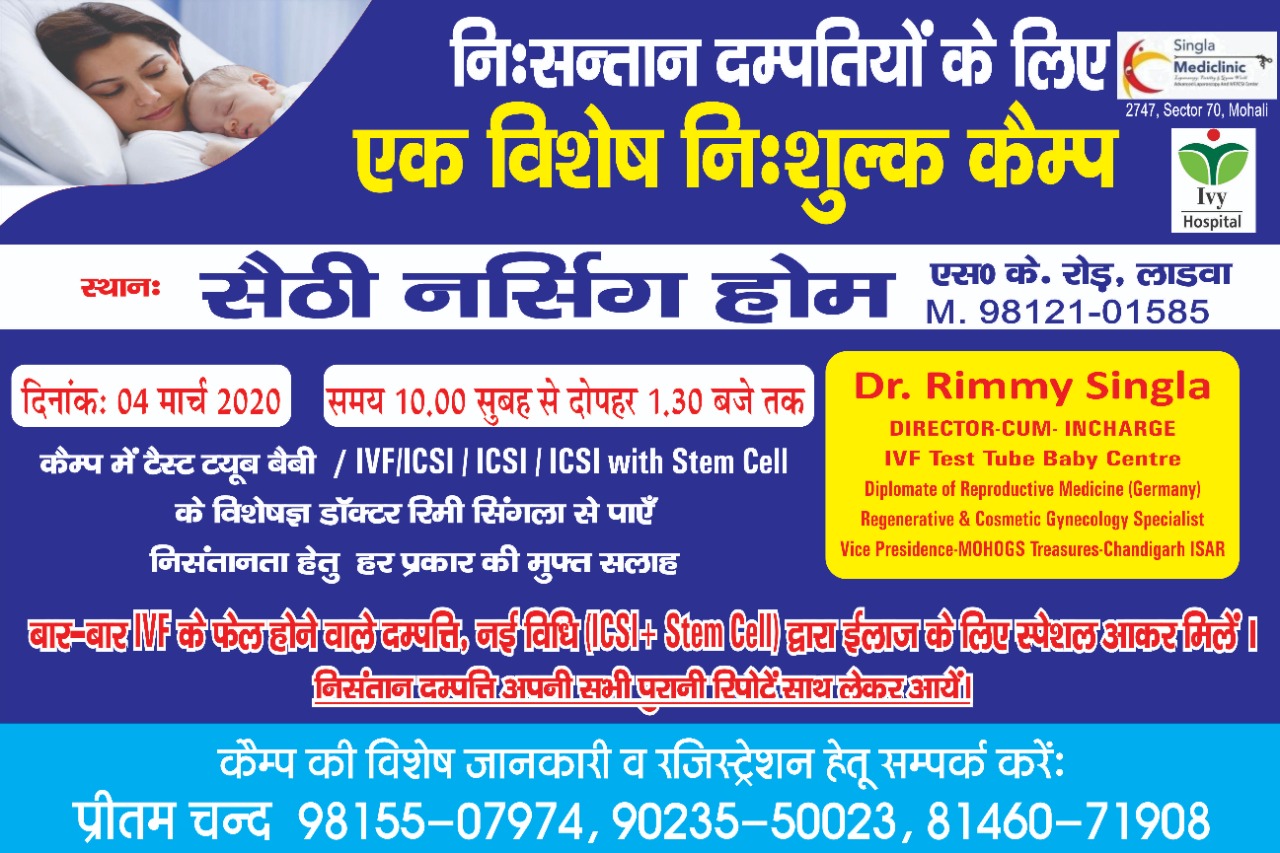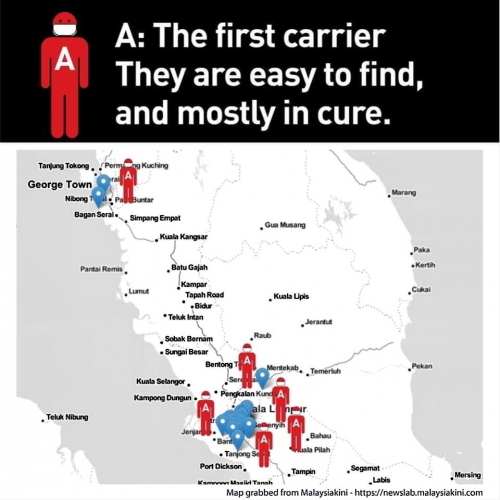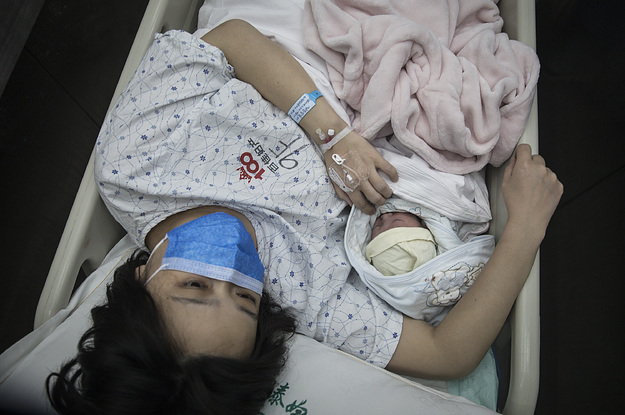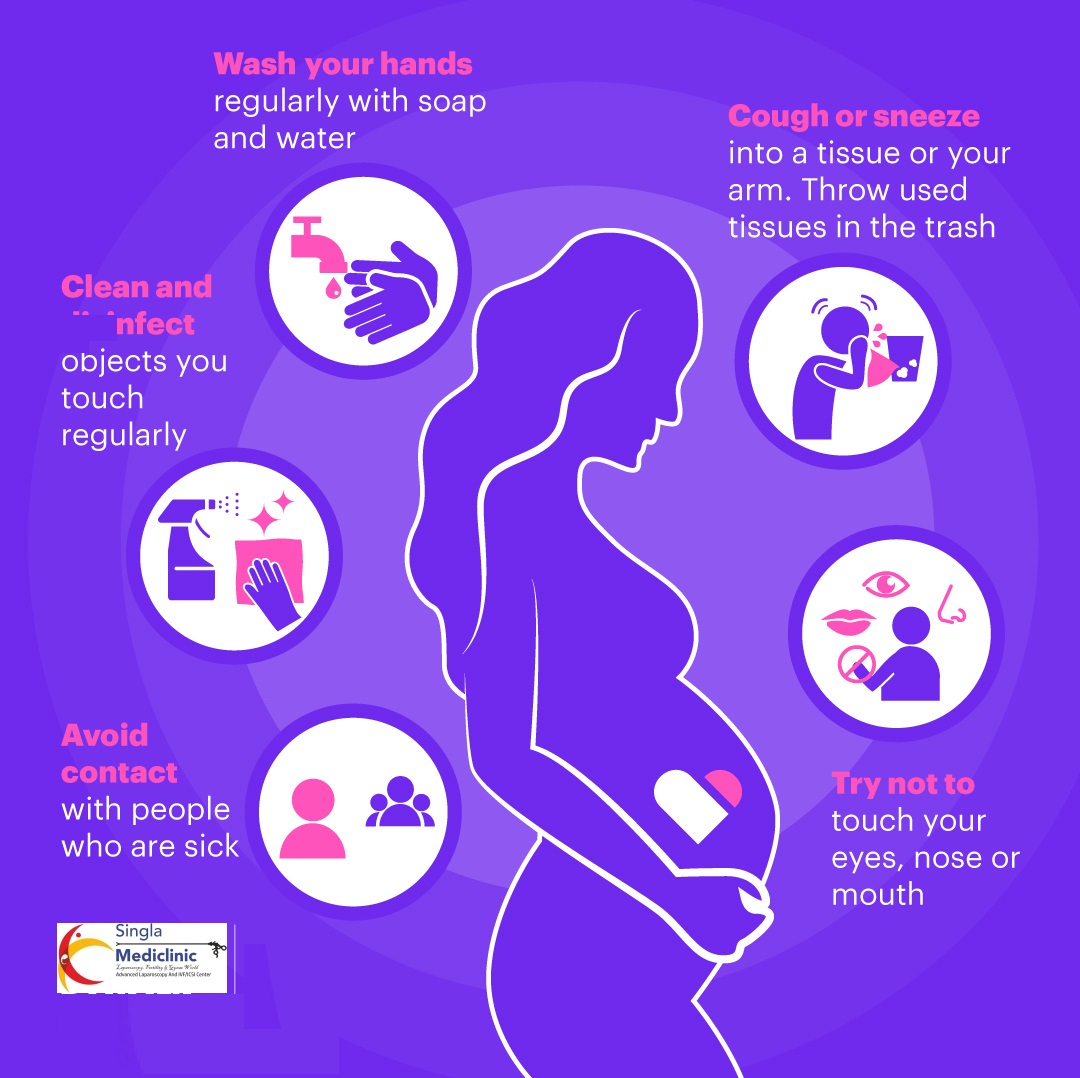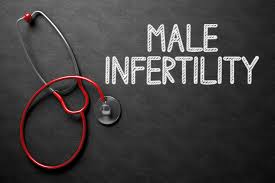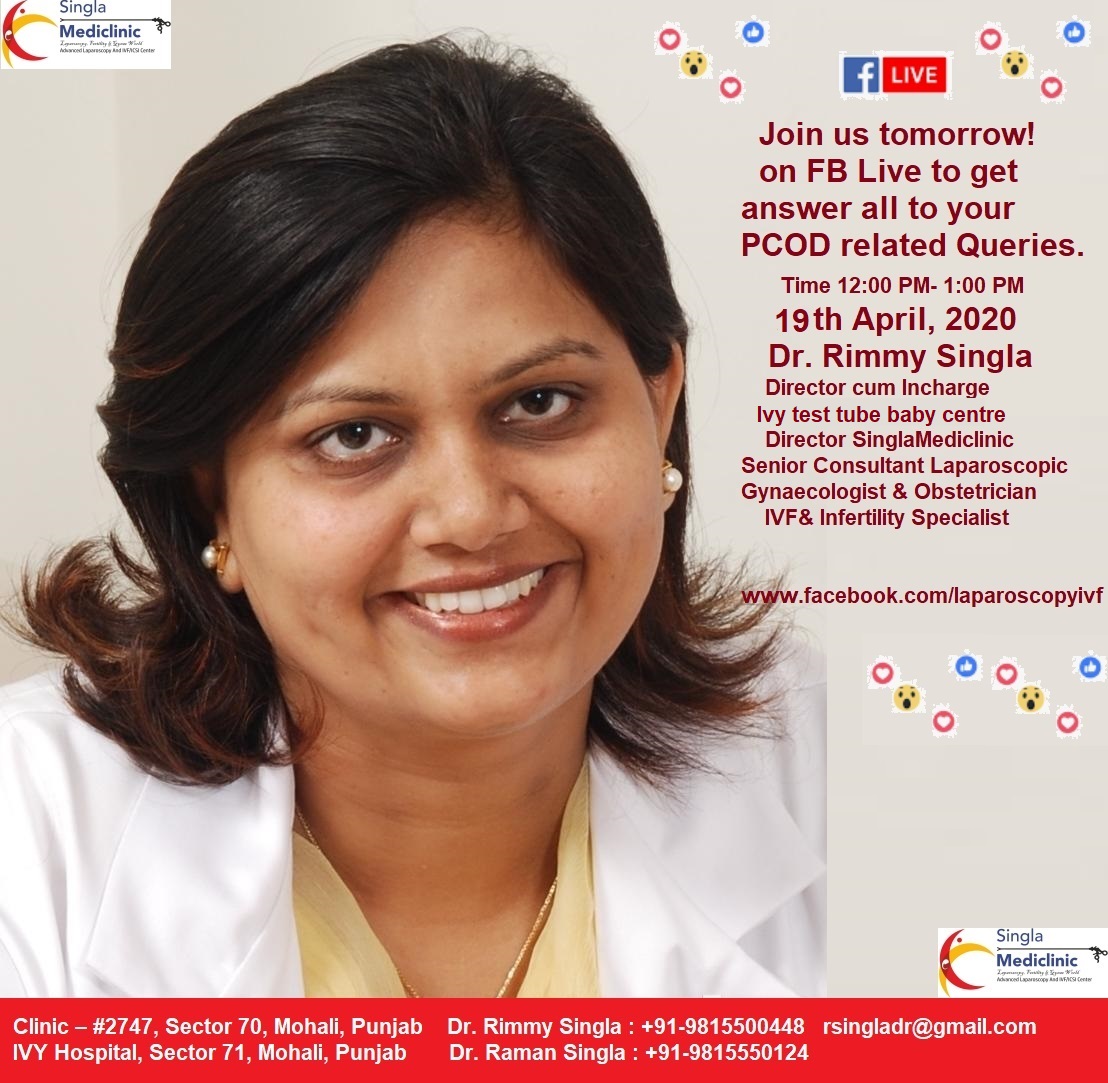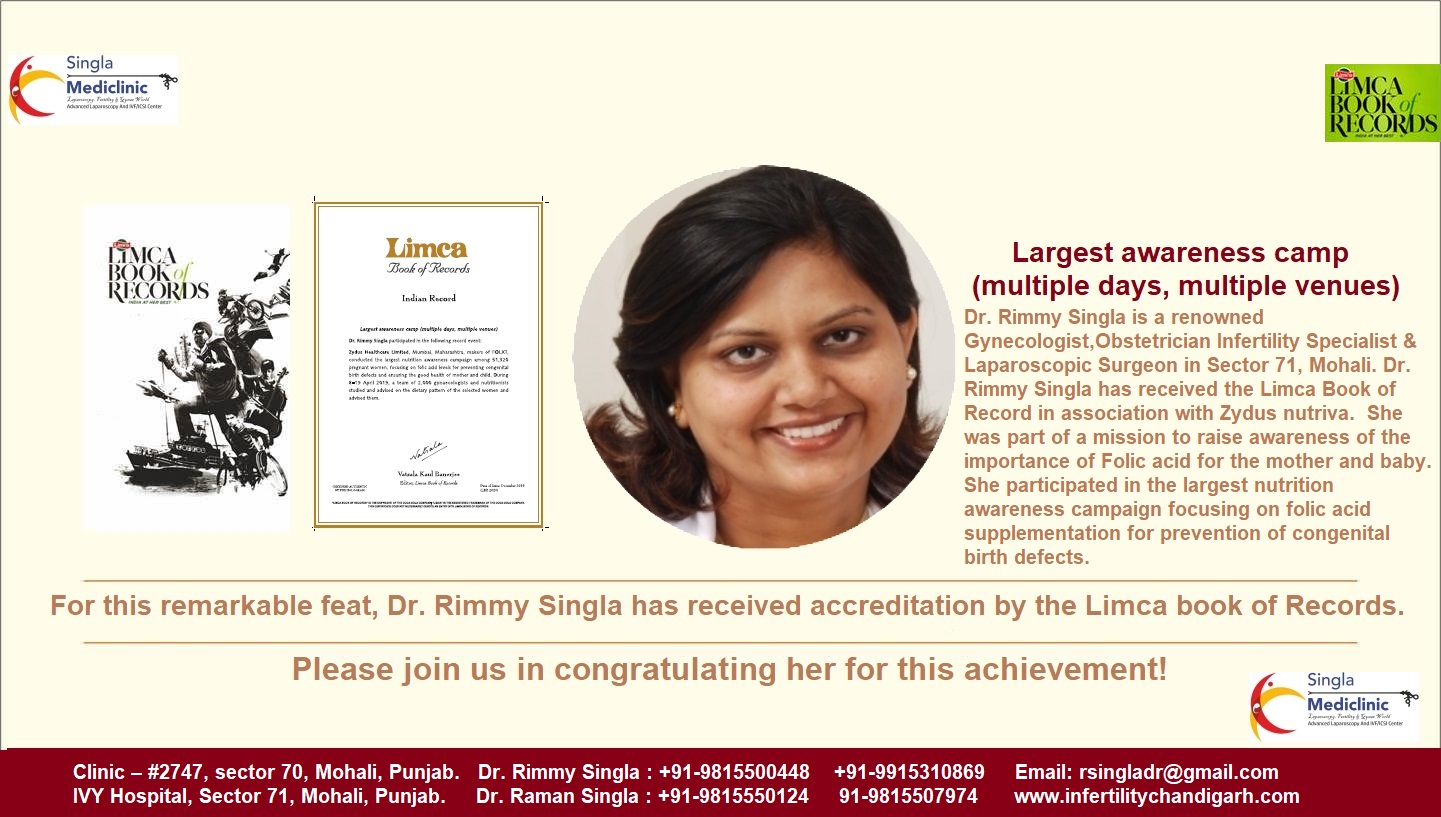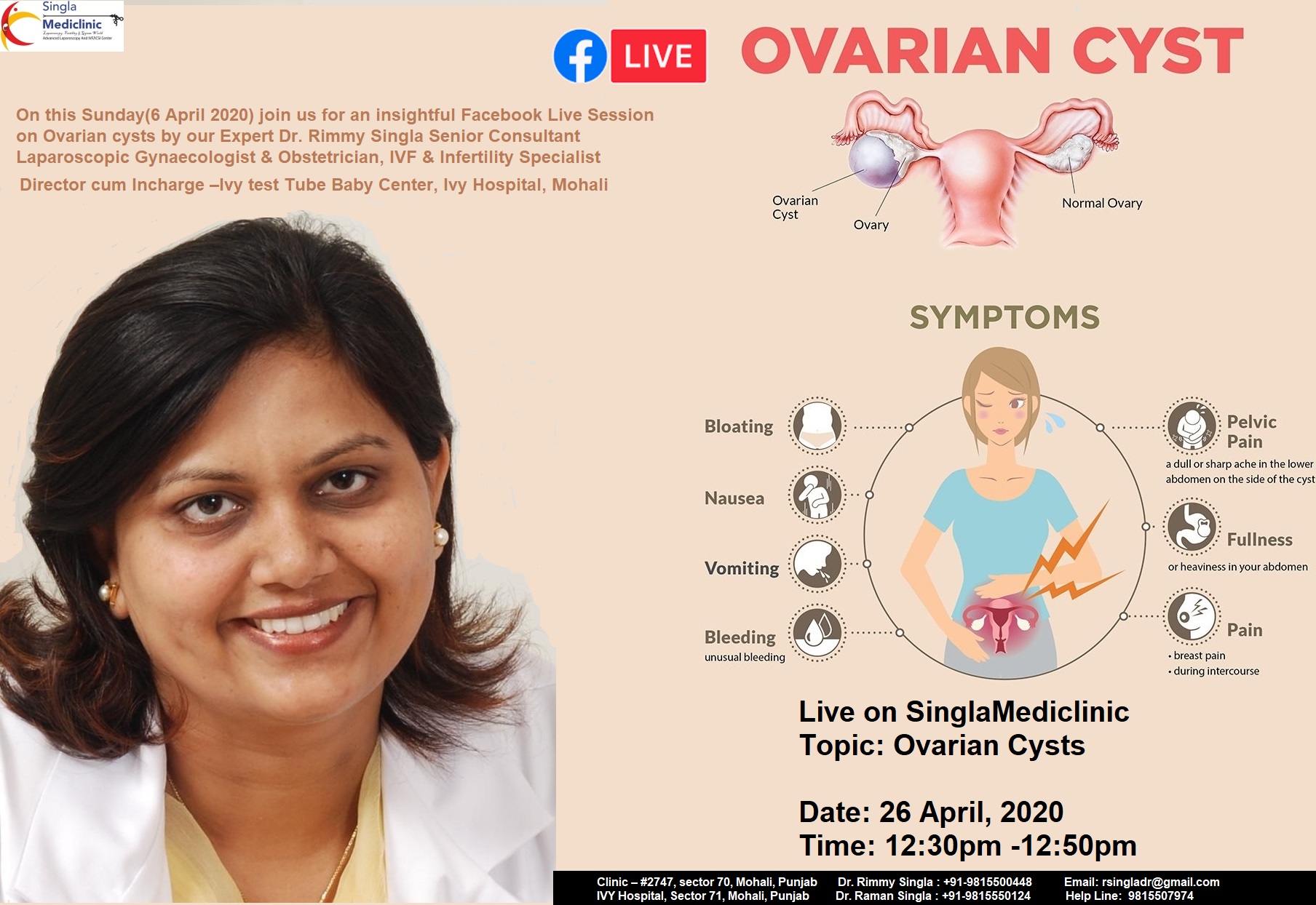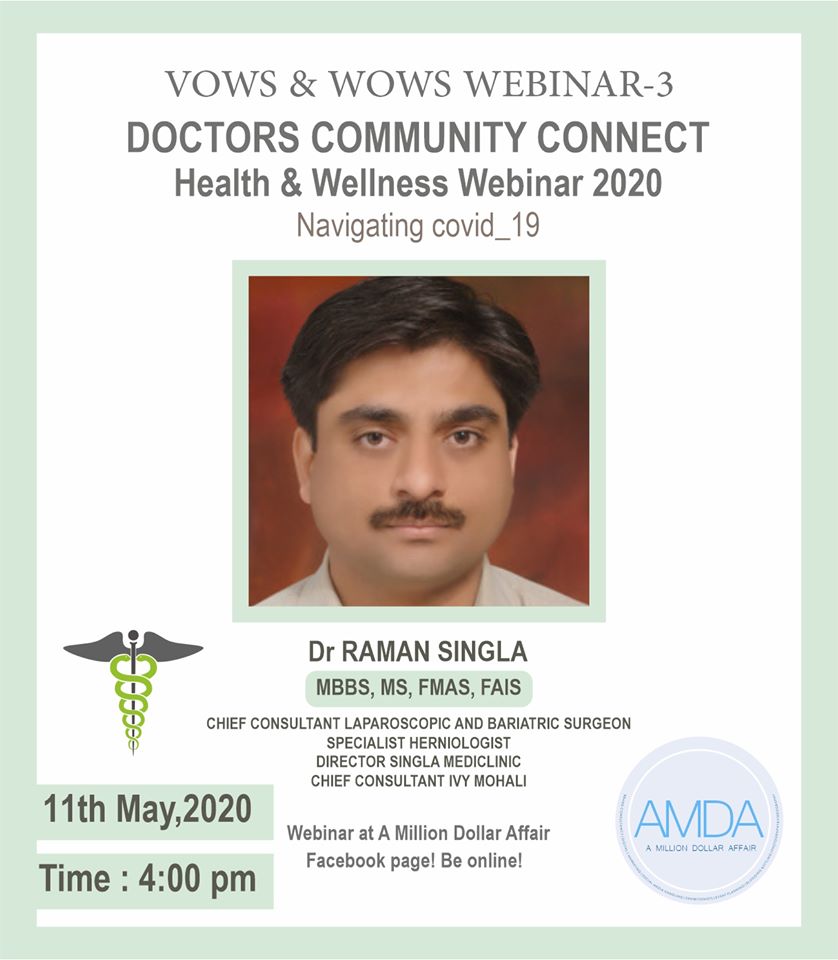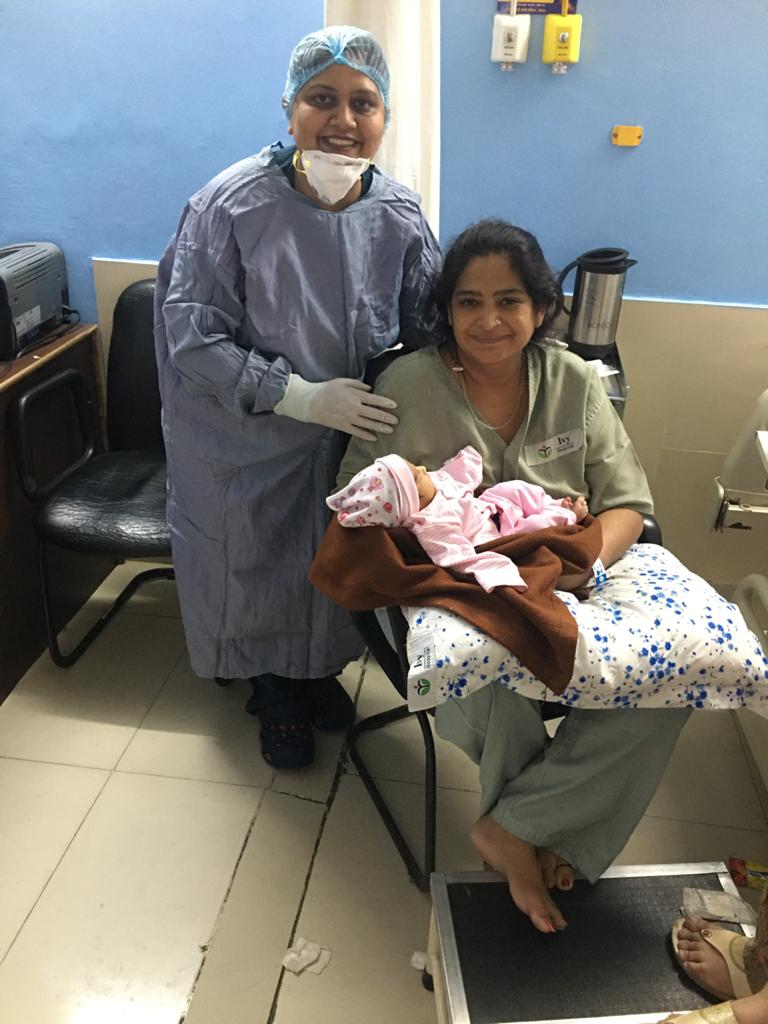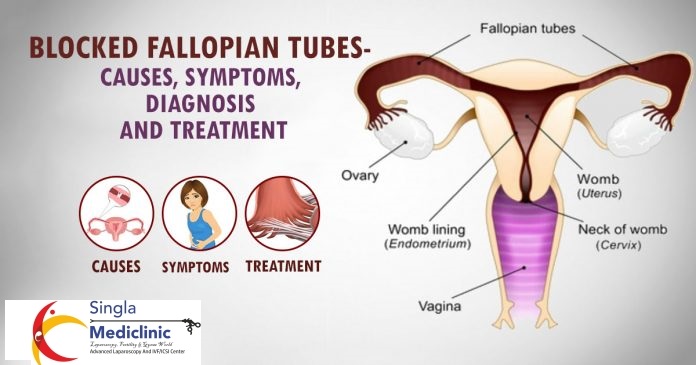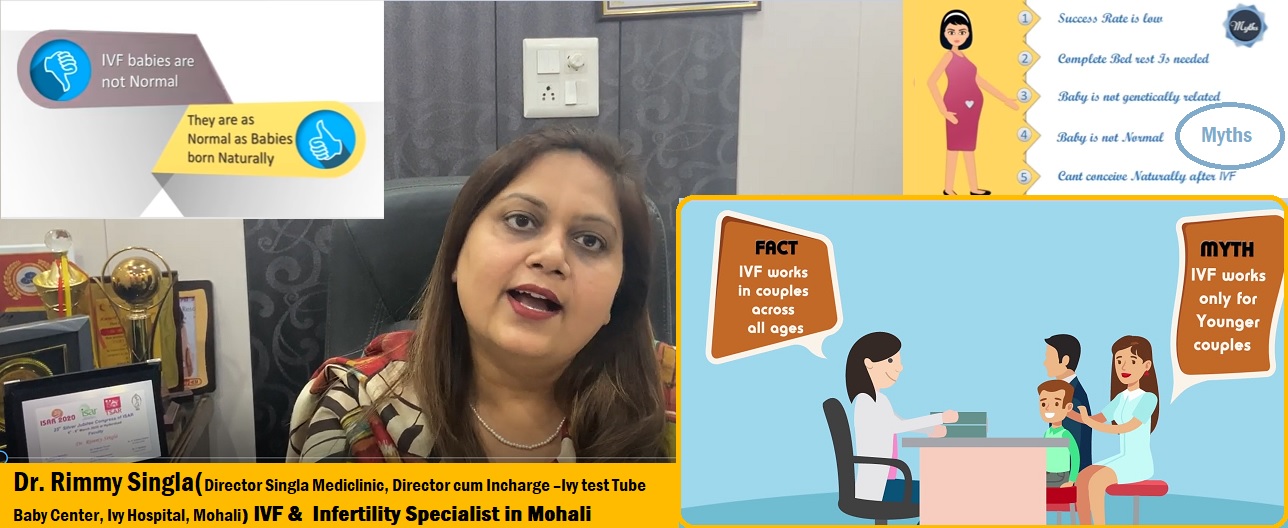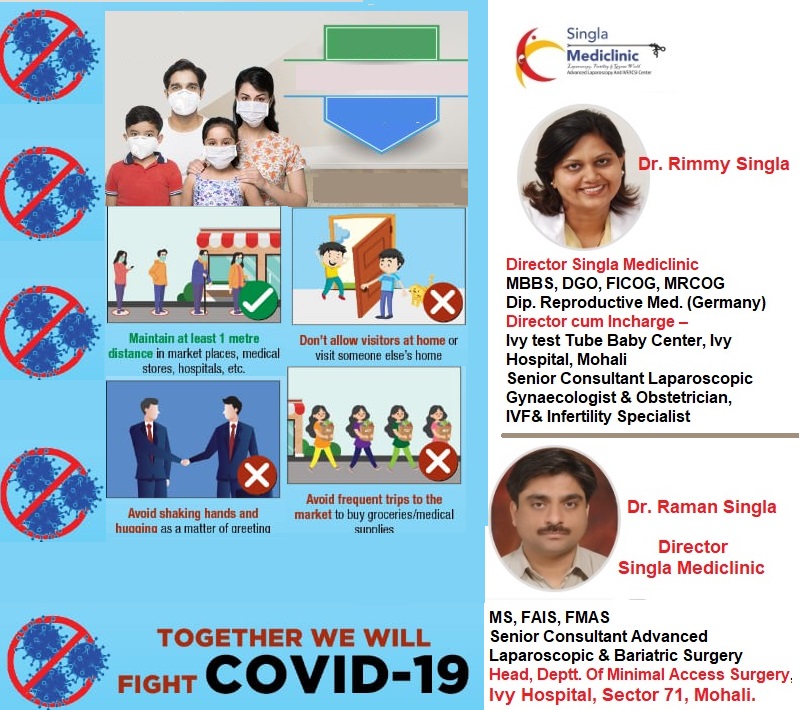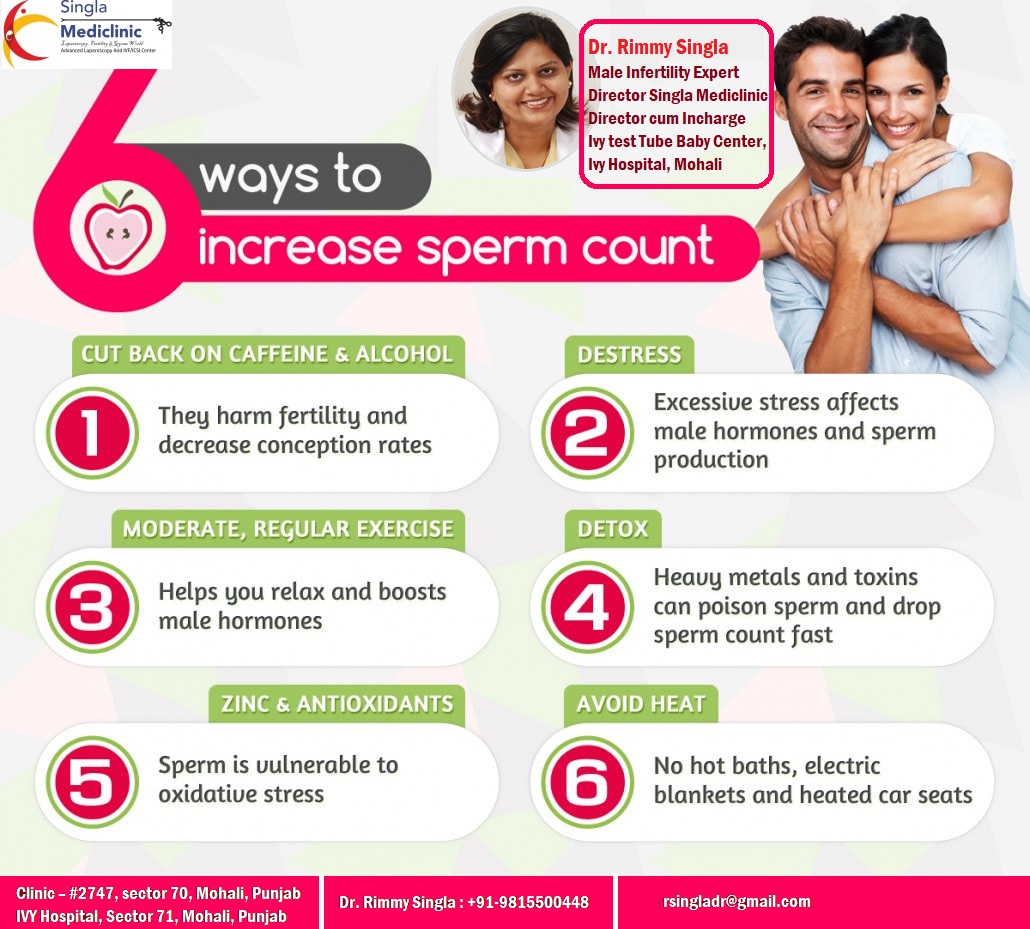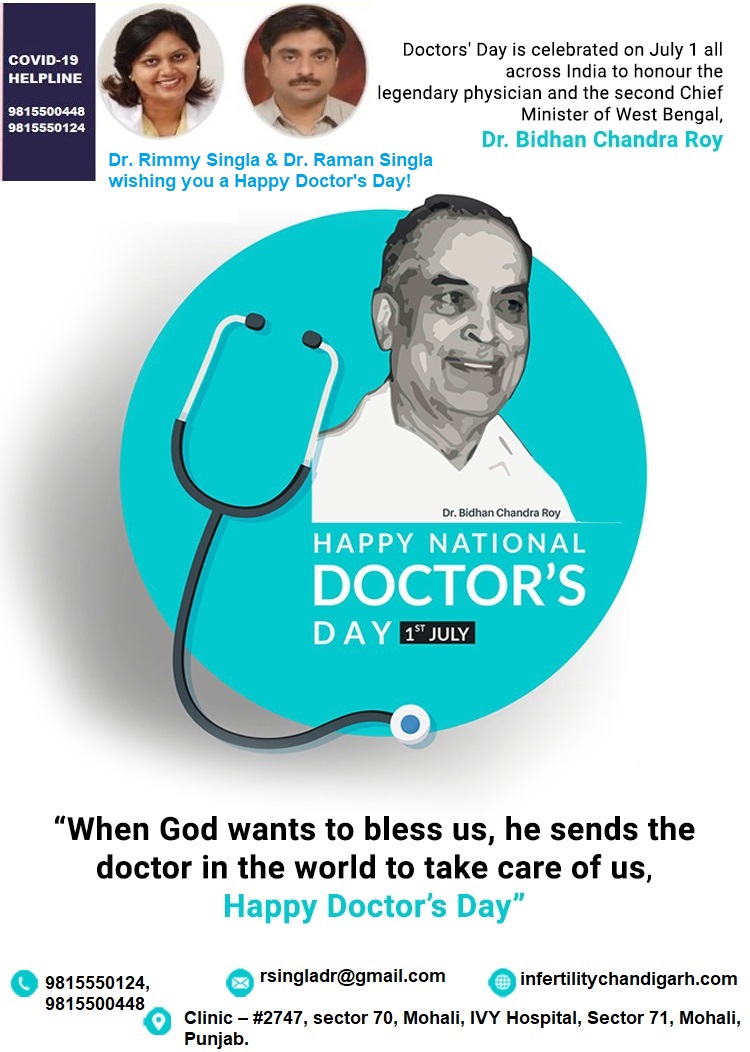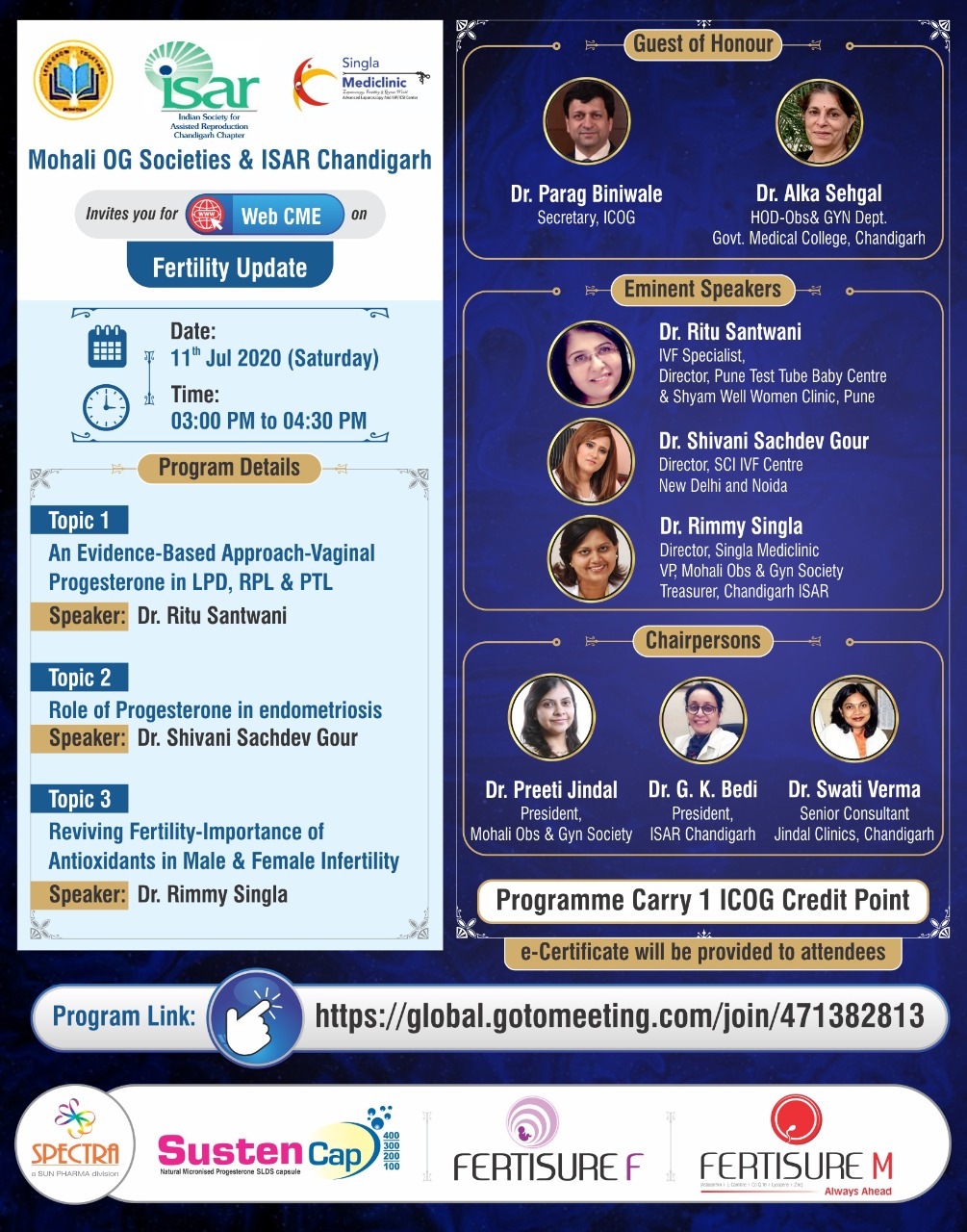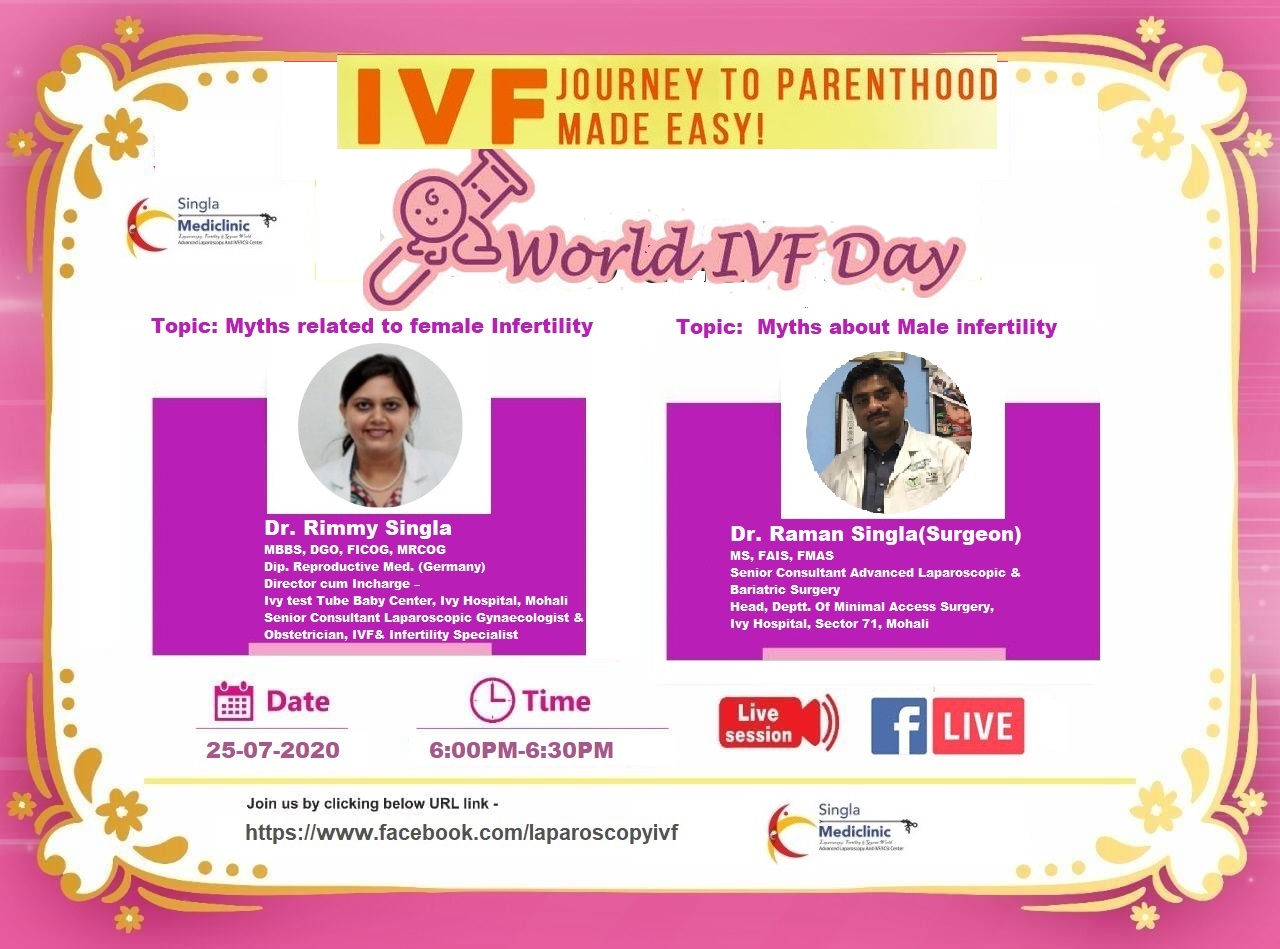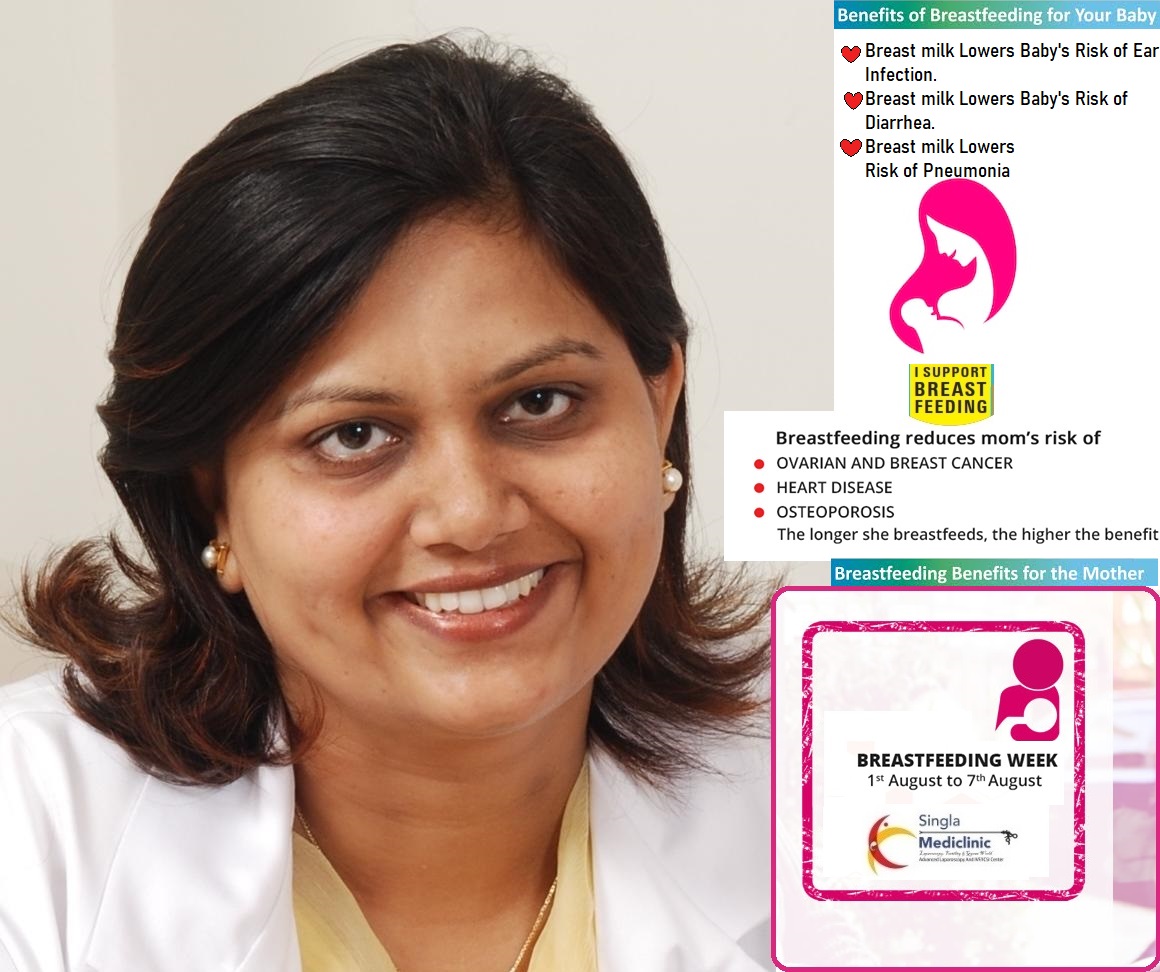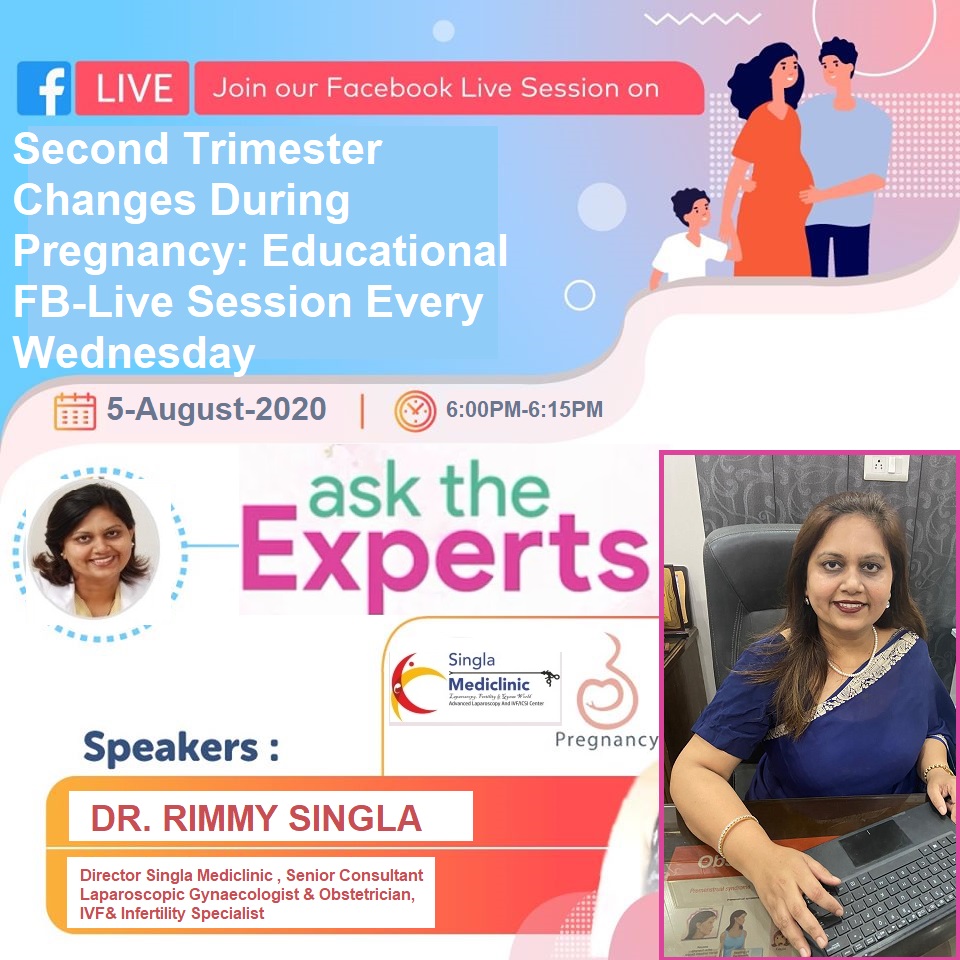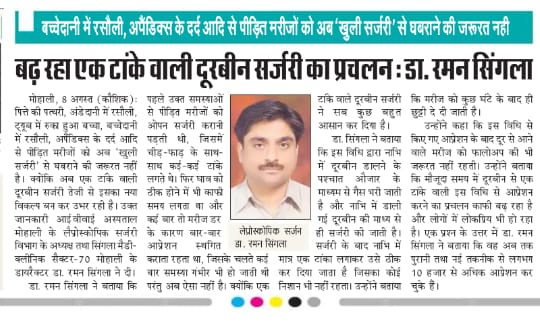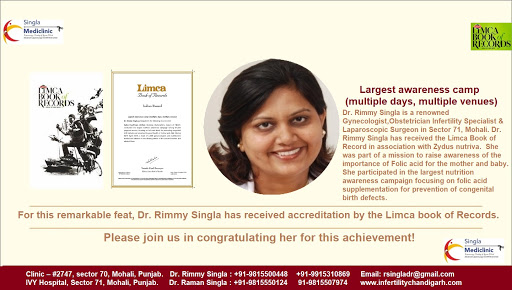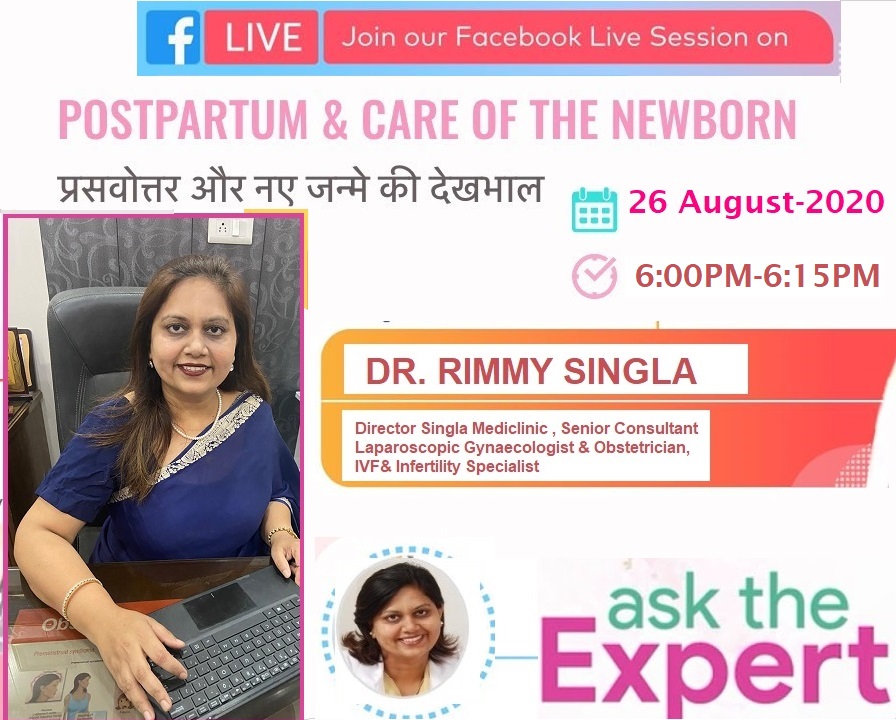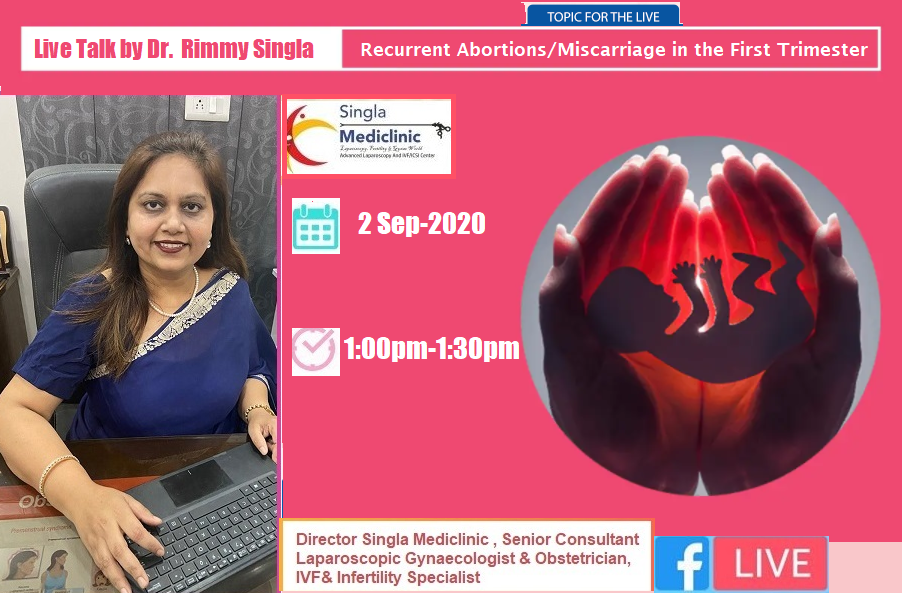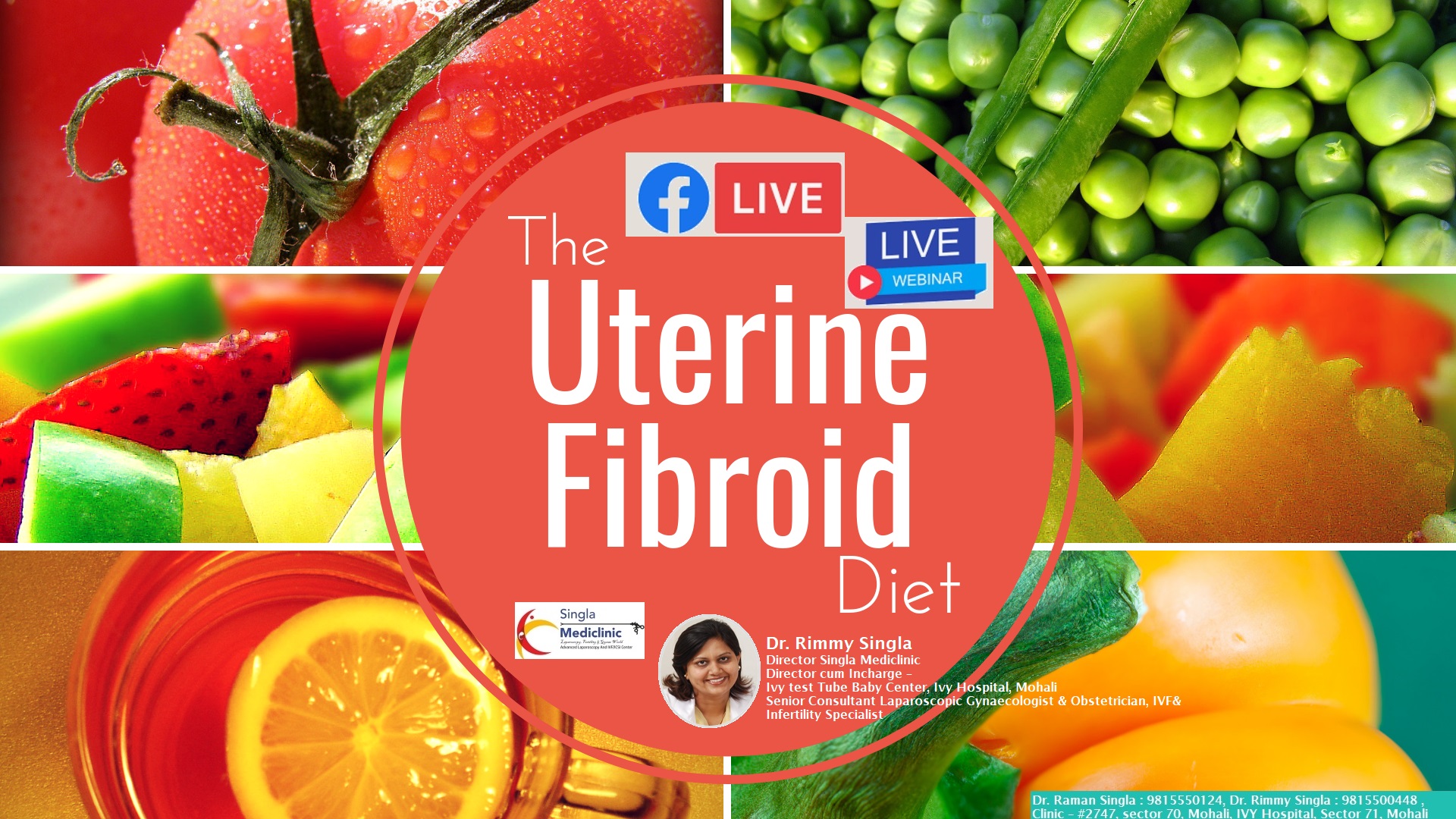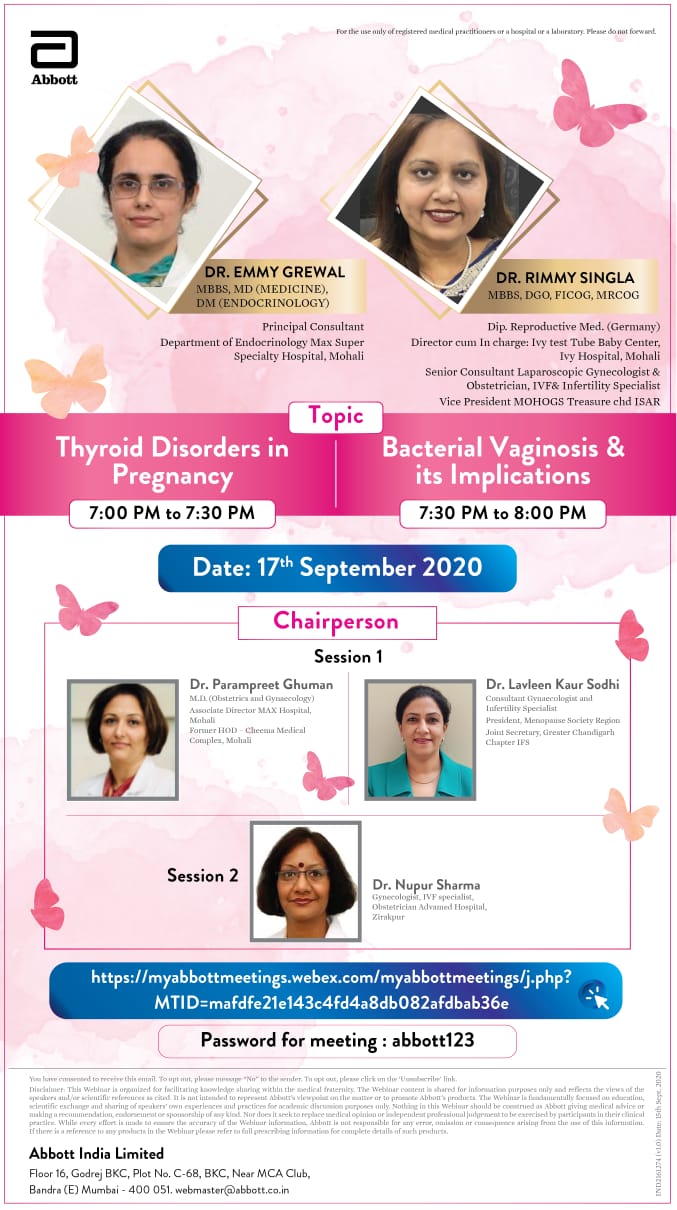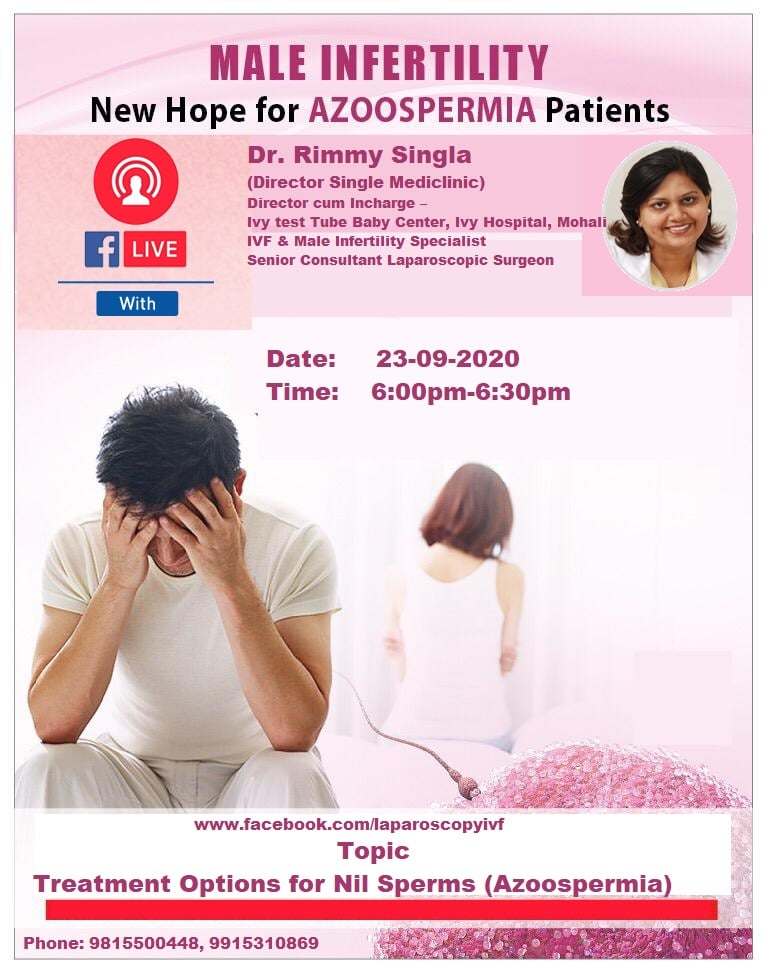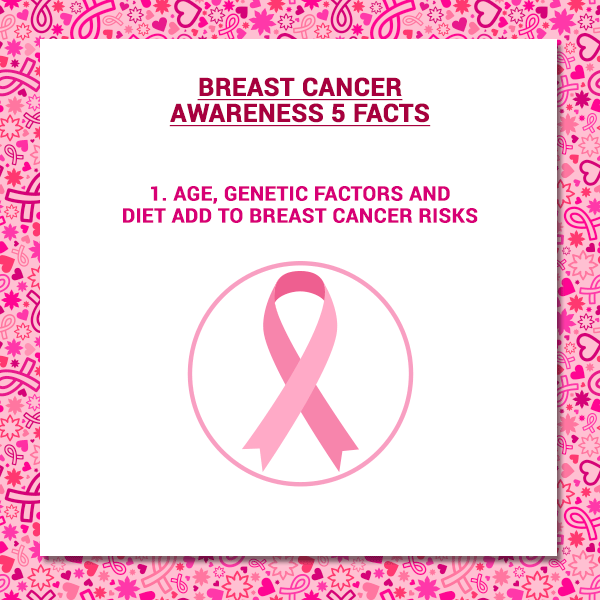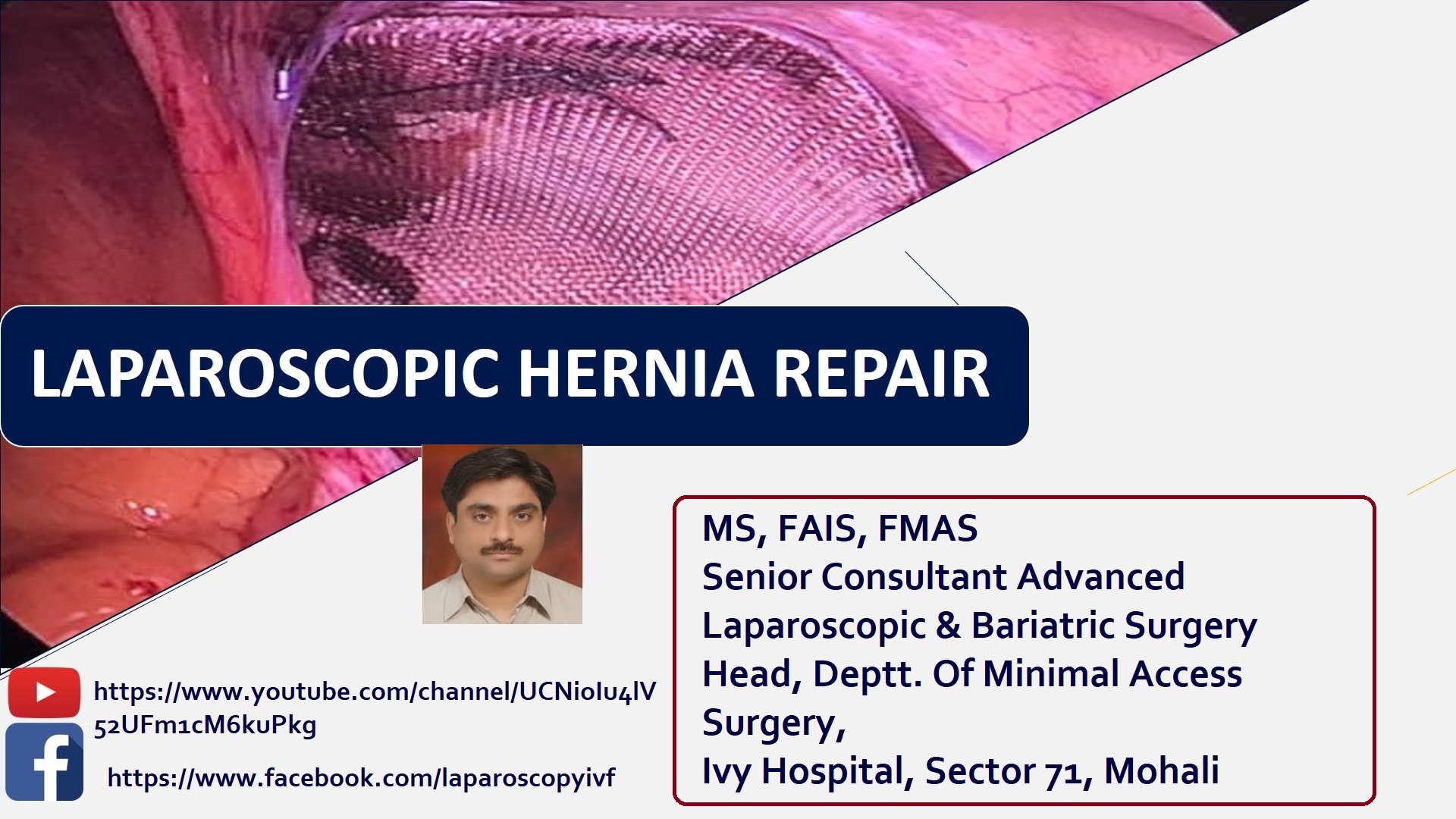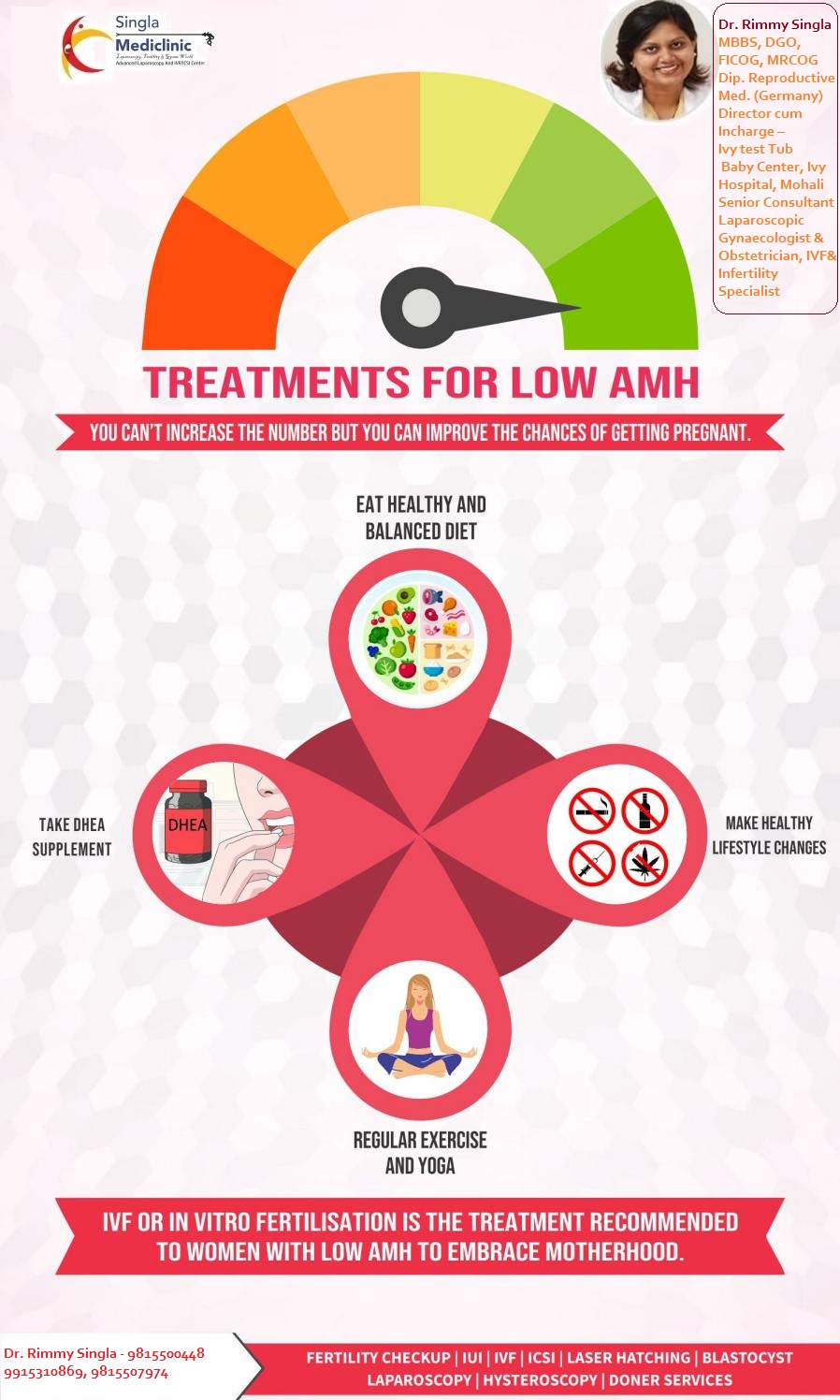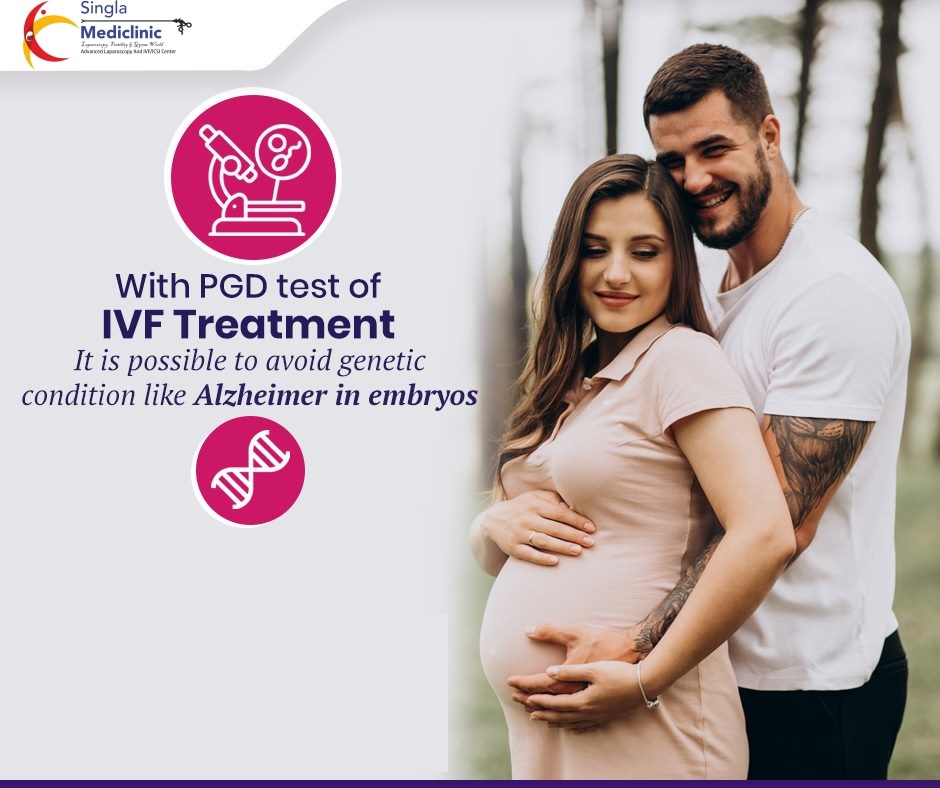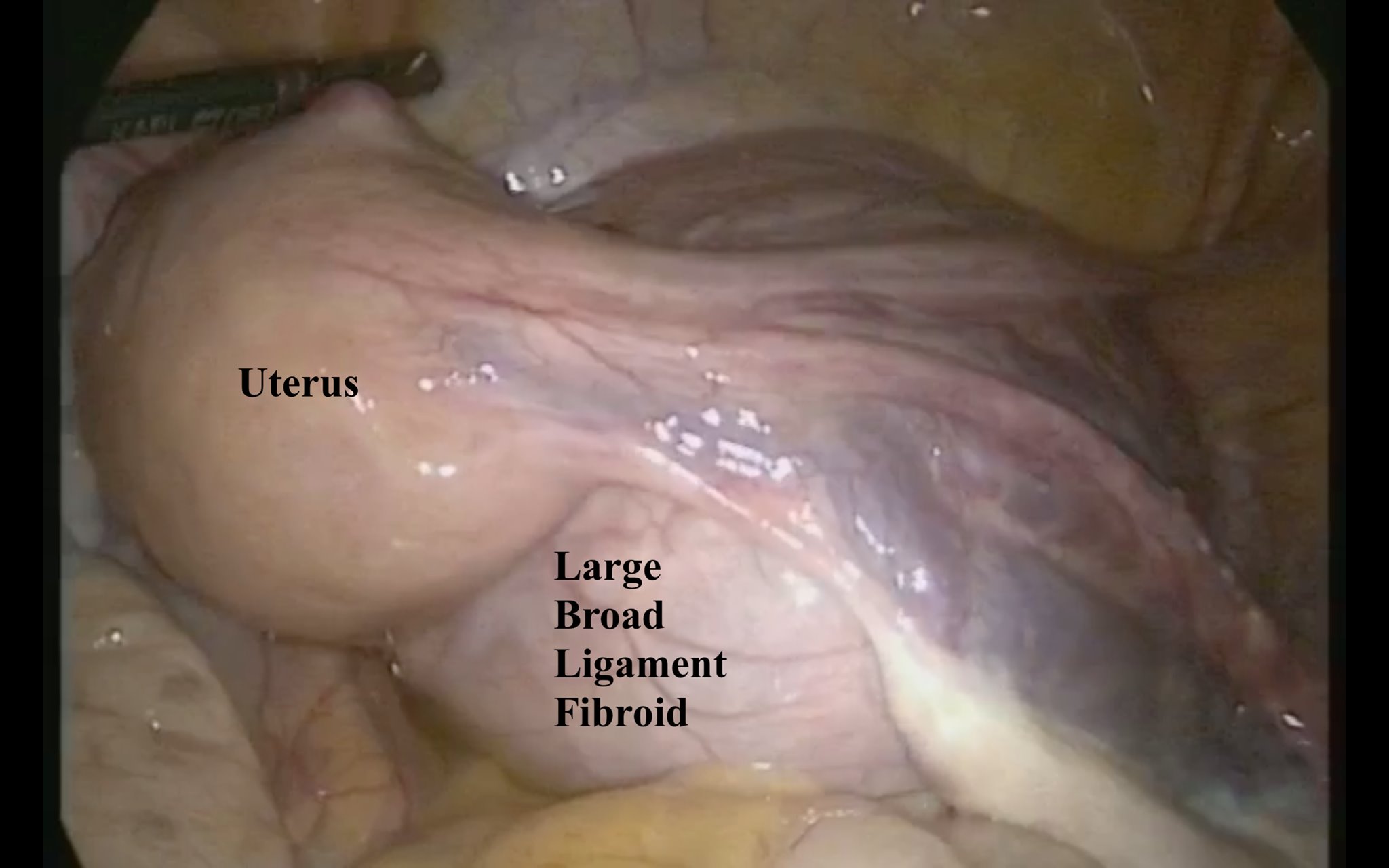During pregnancy, your body goes through many changes. You can take care of some common symptoms yourself. But if any become severe, be sure to contact your GYNECOLOGIST &OBSTETRICIAN.
Fluid Retention

- Puffy legs, ankles, and feet are a sign that your body is holding too much fluid. This can lead to swelling. To deal with this:
- Put your feet up when you sit down. Lie down on your left side.
- Wear comfortable shoes. Don’t wear socks or stockings with elastic tops.
- Ask your Doctor how much water you should drink each day.
Morning Sickness

- Nausea or vomiting may occur anytime. To ease symptoms:
- Keep unsalted crackers by your bed. Eat a few before standing up.
- Eat small amounts of food often, before you feel hungry. If solid food makes you sick, drink low-sugar juices, shakes, and soups.
- If fluids bother you, try eating solid foods that have a high water content, such as fresh fruits and vegetables.
- Eat food high in protein. These include nuts, cheese, milk, eggs, and chicken. Also eat complex carbohydrates, such as whole-grain pasta, potatoes, and most fruit.
Heartburn and Indigestion

- You may feel a burning between the ribs or notice a sour or bitter fluid in your throat or mouth. Some women have gas, hiccups, and bloating. To feel a little better:
- Don’t eat for at least 2 hours before bed. Sleep with your head raised about 6 inches. Eat small meals more often. Eat slowly.
- Stay away from spicy, acidic, and fried foods, chocolate, and processed meat. Don’t bend or lie down right after eating.
Haemorrhoids

These are inflamed, swollen veins in or around the anus. You may have itching, soreness, pain, or bleeding at the opening of the anus. To help treat or prevent haemorrhoids:
- Try not to get constipated. See the section on “Constipation” for tips.
- Keep your weight within the range advised by your GYNAECOLOGIST. Excess weight can make haemorrhoids worse.
- Ask your Doctor about using over-the-counter creams or pads.
- Apply an ice pack (cold pack or bag of ice wrapped in a thin towel) to the area. Never put ice directly on the skin.
- Soak in a warm (not hot) bath a few times a day.
Take Extra Precautions
- Talk with your Doctor before using any medications.
- Don’t eat raw or undercooked meat. Stay out of hot tubs and saunas.
- Don’t use electric blankets.
- Don’t inhale strong chemicals and sprays.
- Always mention that you are pregnant before getting an X-ray.
- Always wear your seat belt.
Back Problems

- If you have back pain, try the following:
- Wear low-heeled shoes with arch support. In bed, lie on your side .When resting, support your body. Place a pillow behind your back, between your legs, and under your belly.
- When sitting, don’t cross your legs. Sit on a firm chair with a straight back and armrests.
- If you’ve been sitting for an hour, get up to walk and stretch.
- Don’t stand for long periods of time. If you must, rest one foot on a low stool or ledge.
- Avoid lifting heavy loads. Get help instead. Don’t stretch to reach things up high.
- Stand on a low, steady stool.
- Try a warm (not hot) bath or shower.
When to Call Your Doctor
- Call your OBSTETRICIAN right away if you have:
- A fever of 100.4?F (38?C) or higher.
- Severe nausea or vomiting (can’t keep food or liquids down).
- Vaginal spotting or bleeding without any pain.
- Heavy or persistent bleeding with belly pain or cramping.
- Pain or burning feeling while urinating. Vision problems (such as seeing spots or flashing lights).
- A headache that doesn’t go away. Increased swelling, especially in your hands or face.
- Not felt your baby move more than 10 times in 2 hours and it’s after your 28th week.
- A sudden gush or steady flow of green, yellow, or clear water from your vagina.
- Labor pains before 37 weeks. Dizzy spells or fainting.
- Rapid weight gain or weight loss.
Constipation
- This problem occurs when stools are hard and painful to pass. To help treat or prevent constipation:
- Use the bathroom when you feel the urge. Eat foods high in fiber. Good choices include fruits, vegetables, and whole grains. Limit or avoid high-fat and refined foods.
- Drink plenty of fluids (unless told otherwise).
- Get daily exercise.
- Ask your Doctor about stool softeners.
Being a Mother Starts Now
Getting regular prenatal (before birth) care is one of the best things you can do for your baby. This is because your health can affect your baby’s growth. If you’re planning to get pregnant, talk with your doctor (Best GYNAECOLOGIST/ OBSTETRICIAN) ahead of time. If you’re already pregnant, call your Doctor today. Now is the best time to start taking care of your baby.
Tests During Pregnancy
Your Doctor will want you to have certain tests. This is normal. Results of the tests help your Doctor better understand and manage your health and that of your baby. Common tests include:
Ultrasound to show how your baby is developing and to look for certain problems. A small device is moved over your stomach. It sends pictures of your baby to a video screen.
Blood glucose screening to check the amount of glucose (sugar) in your blood. This helps find gestational diabetes (diabetes that occurs during pregnancy due to changes in the body).
For the screening, you drink a sugary liquid and a blood sample is taken an hour later.
Testing of blood, cells, and fluid to compare blood types of you and your baby, as well as to screen for genetic problems and birth defects.
Create Healthy Habits
Along with visits to your Doctor, you can take action at home. To feel your best, make healthy eating choices and get active each day.
Eating for Two
Eating for two is about eating healthier, not eating a lot more. Your weight before getting pregnant affects how much you should gain during pregnancy. If you’re of normal weight, you only need an extra 300 calories or so a day. This is about the number of calories in a small meal or hearty snack. If you’re underweight, you may need more than 300 extra calories, and if you’re overweight, you may need less than that.
A Meal Plan for You
Healthy foods provide the nutrients your baby needs to grow. Smart food choices also keep you healthy.
Getting Enough Exercise
Daily activity can help you feel good in both body and mind. Exercise tones and strengthens muscles. It helps to improve mood, too. Talk with your Doctor to find out which types of exercise may be best for you. Also ask about prenatal exercise classes. In general:
- Warm up and cool down at each session.
- Know when to slow down. Can you talk? if not, you’re working too hard.
- After the first trimester, don’t exercise while lying flat on your back.
Leave Bad Ones Behind
Keep this simple pregnancy rule in mind: Whatever mom takes, baby takes. If you need help breaking bad habits, talk to your Doctor. He or she can help provide the support you need to leave harmful habits behind.
Discuss All Drugs with Your GYNECOLOGIST/OBSTETRICIAN
To protect your growing baby, don’t take any medication, drug, or supplement without first talking to your GYNECOLOGIST OBSTETRICIANS.
Stop Smoking
- If you or your partner smokes, now’s a great time to quit. Smoking or breathing in secondhand smoke can increase the risk of:
- Miscarriage (losing the baby). Preterm labor (going into labor before)
- 37 weeks of pregnancy).
- Low birth weight of the baby.
- Stillbirth (showing no signs of life at birth).
- Infant mortality (baby dies as an infant).
- Sudden infant death syndrome (SIDS).
Pause on Drinking Alcohol
Avoid drinking alcohol during pregnancy. Alcohol can lead to some very serious problems for your baby, including:
- Stunted growth, deformities, and poor muscle control.
- Mental retardation.
- Learning, behavior, and social problems later in life.
Limit Caffeine
- Limit or avoid caffeine to help prevent side effects. Caffeine can:
- Affect your appetite and mood. Keep you awake.
- Raise blood pressure.
Dr. Rimmi Singla(Singla Mediclinic) at IVY Hospital Mohali is well experienced Gynaecologist & Laparoscopic Surgeon specialized in IVF, high-risk pregnancy, gynaecology problems, General Gynaecology & laparoscopic surgery Doctor in Mohali and is known for his work. Book your Appointment today!
 9815500448
9815500448 
